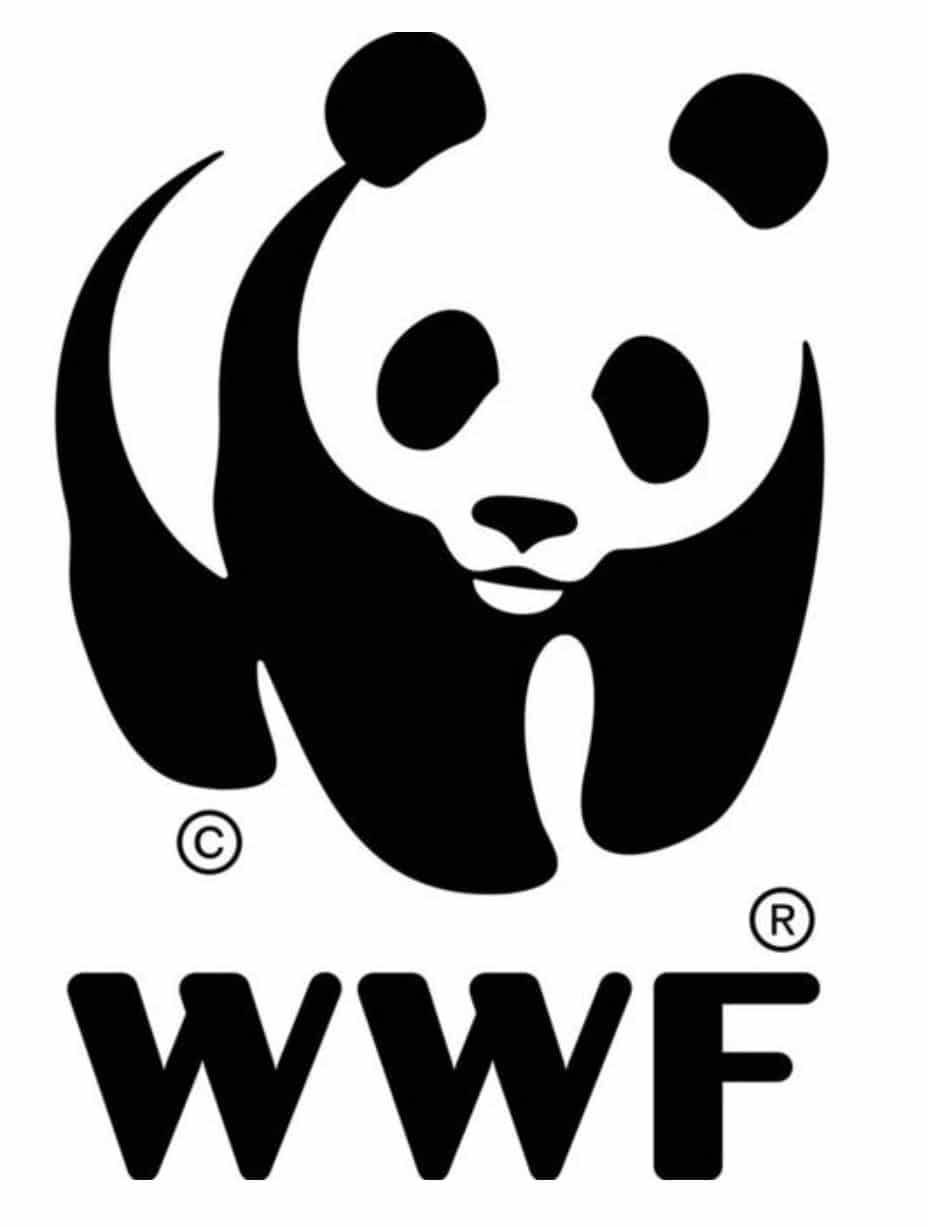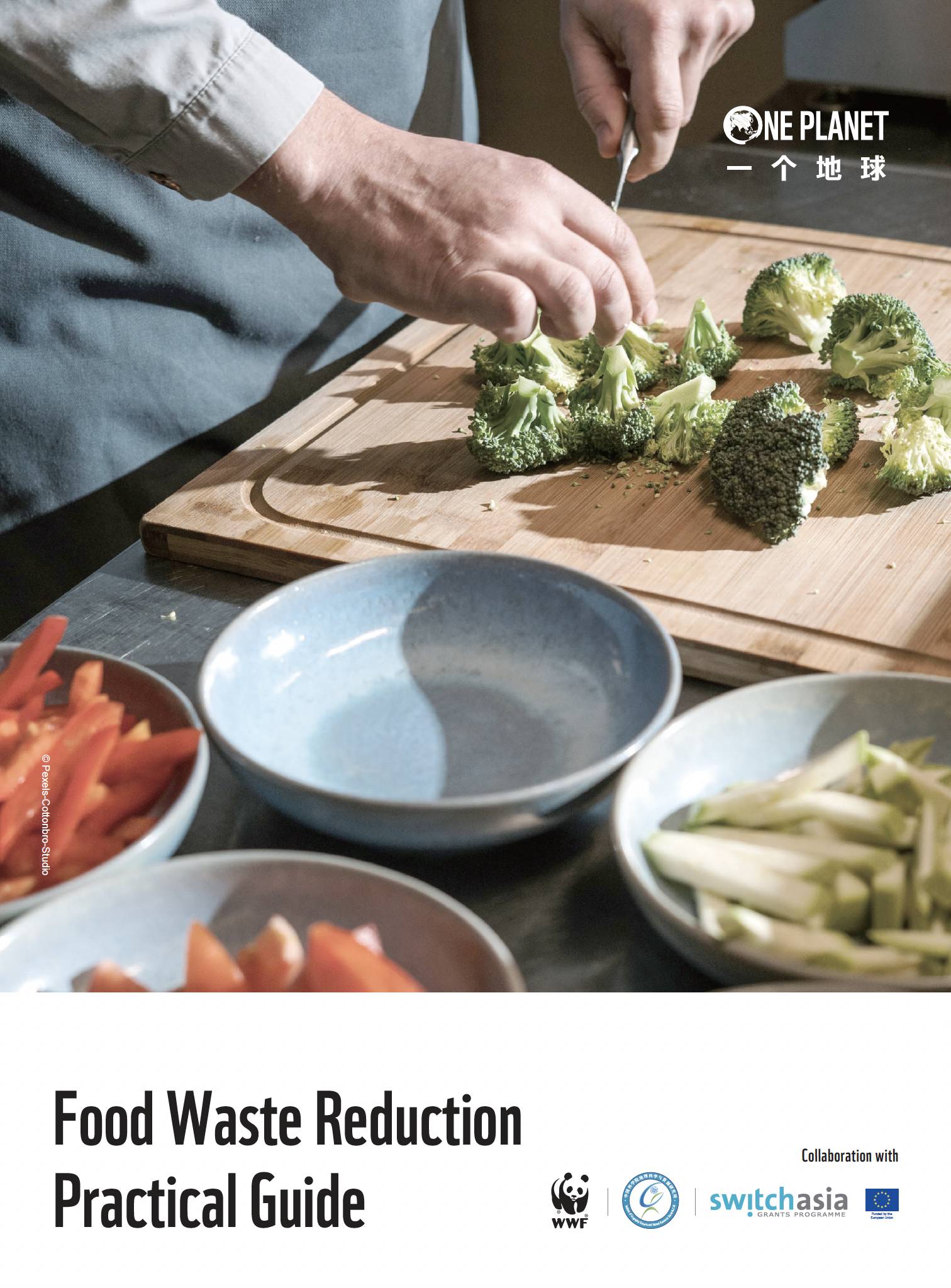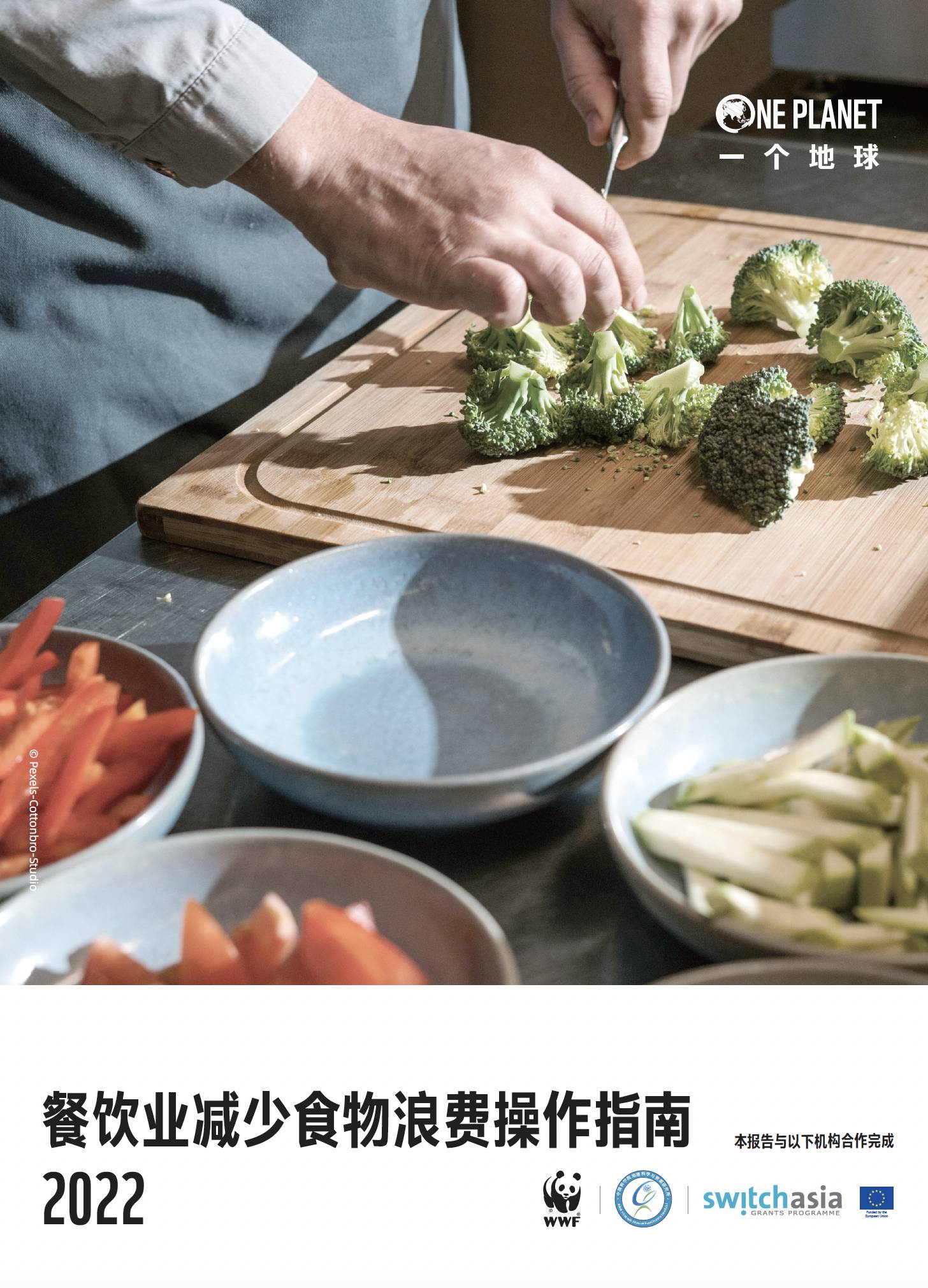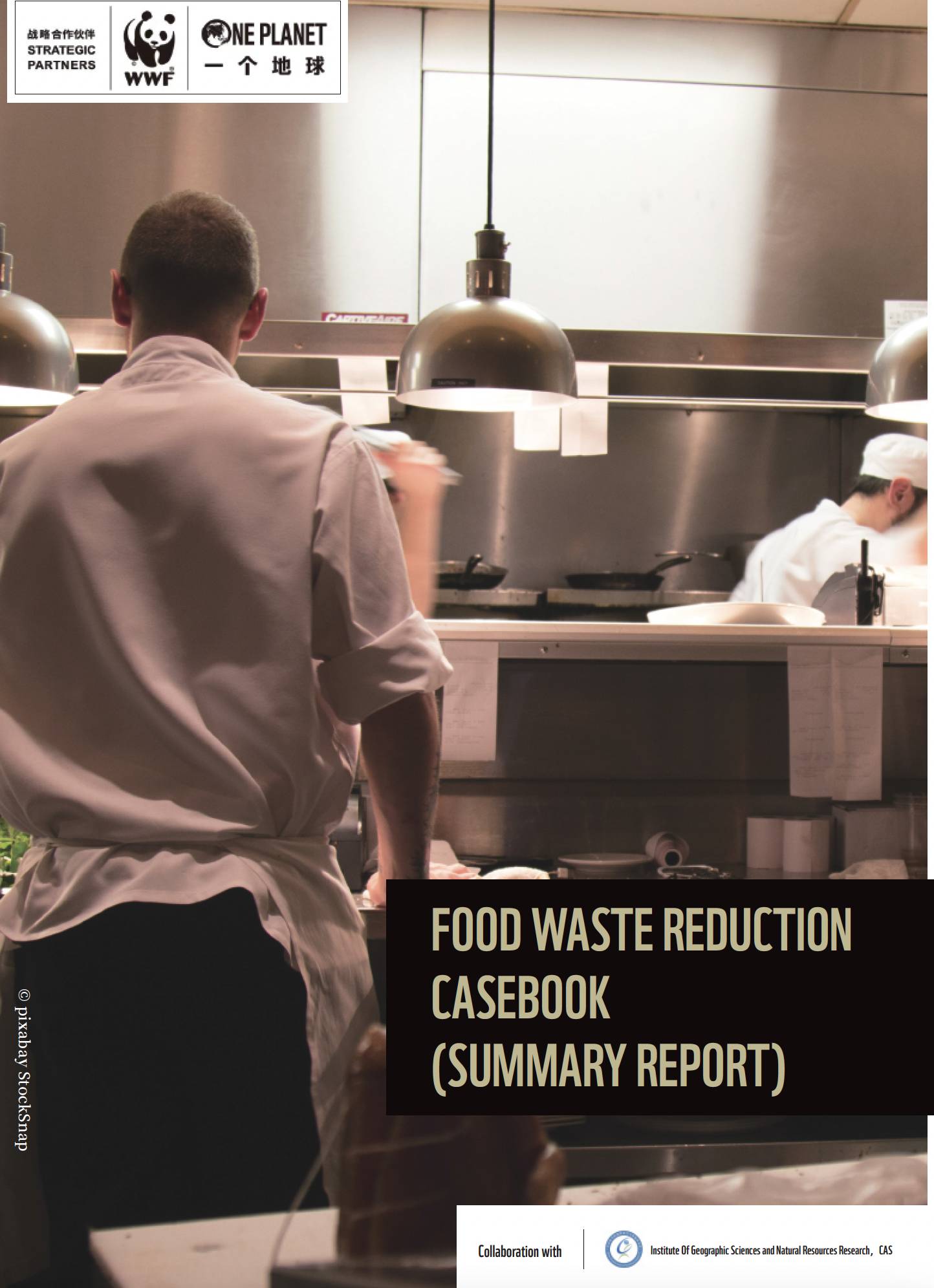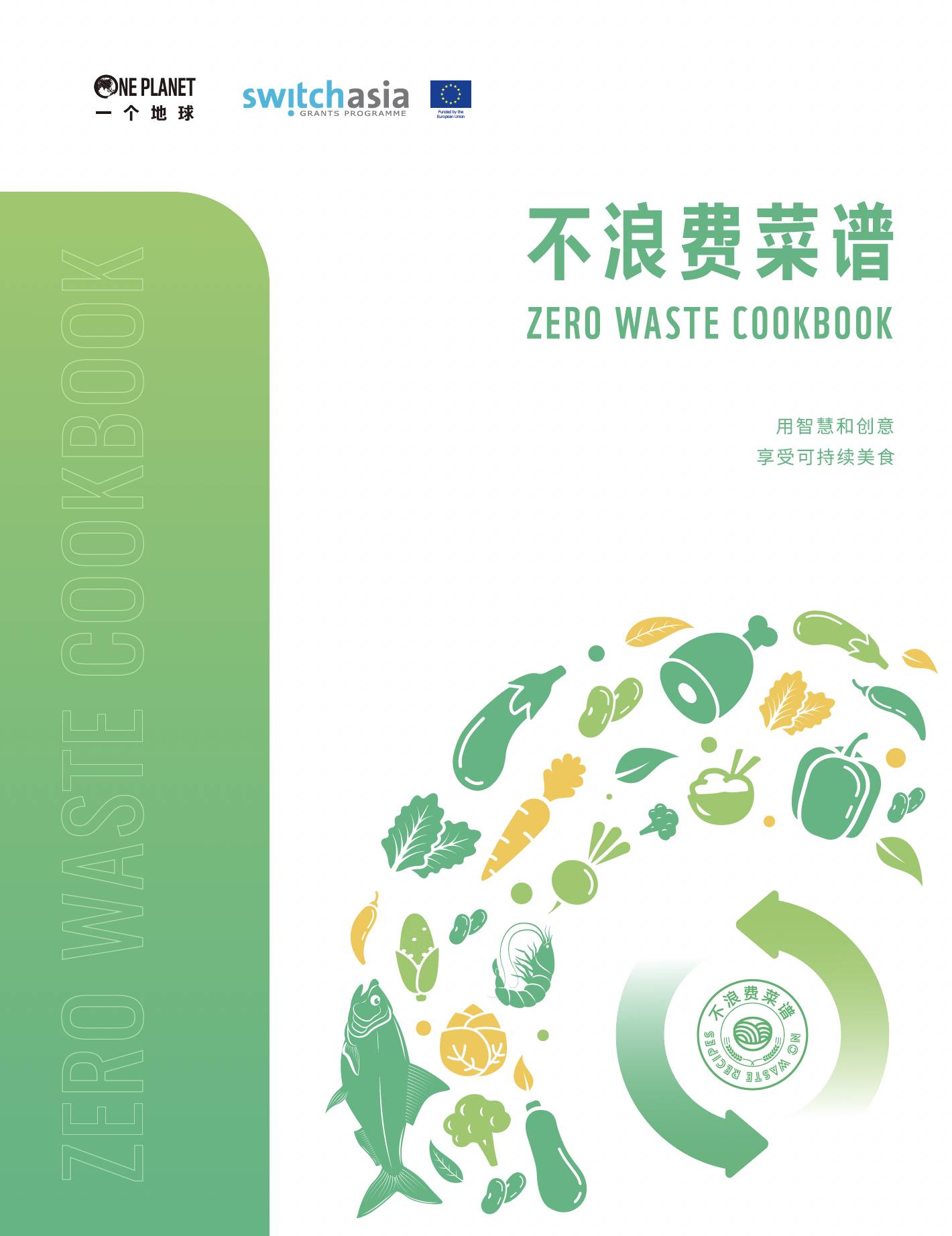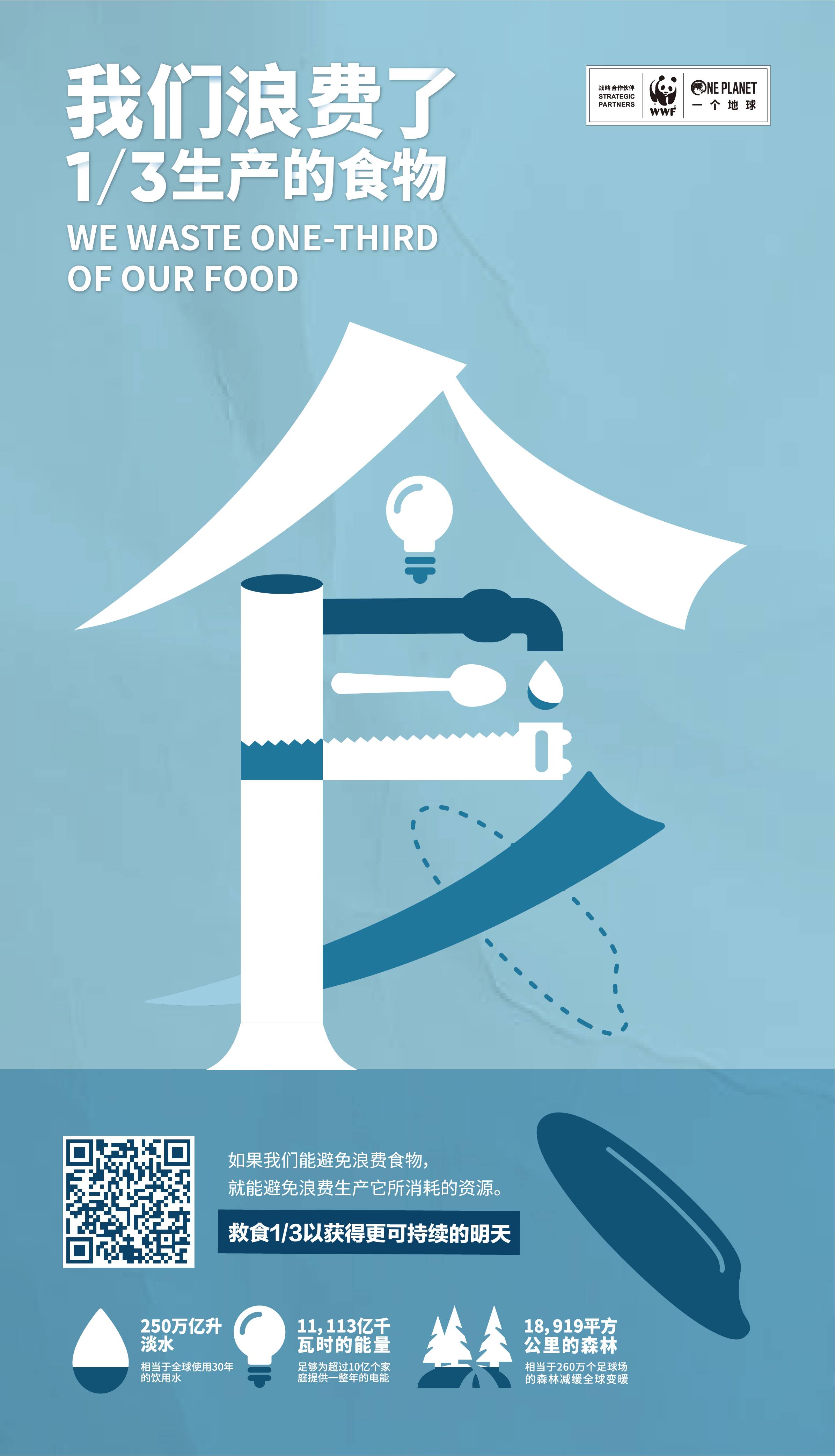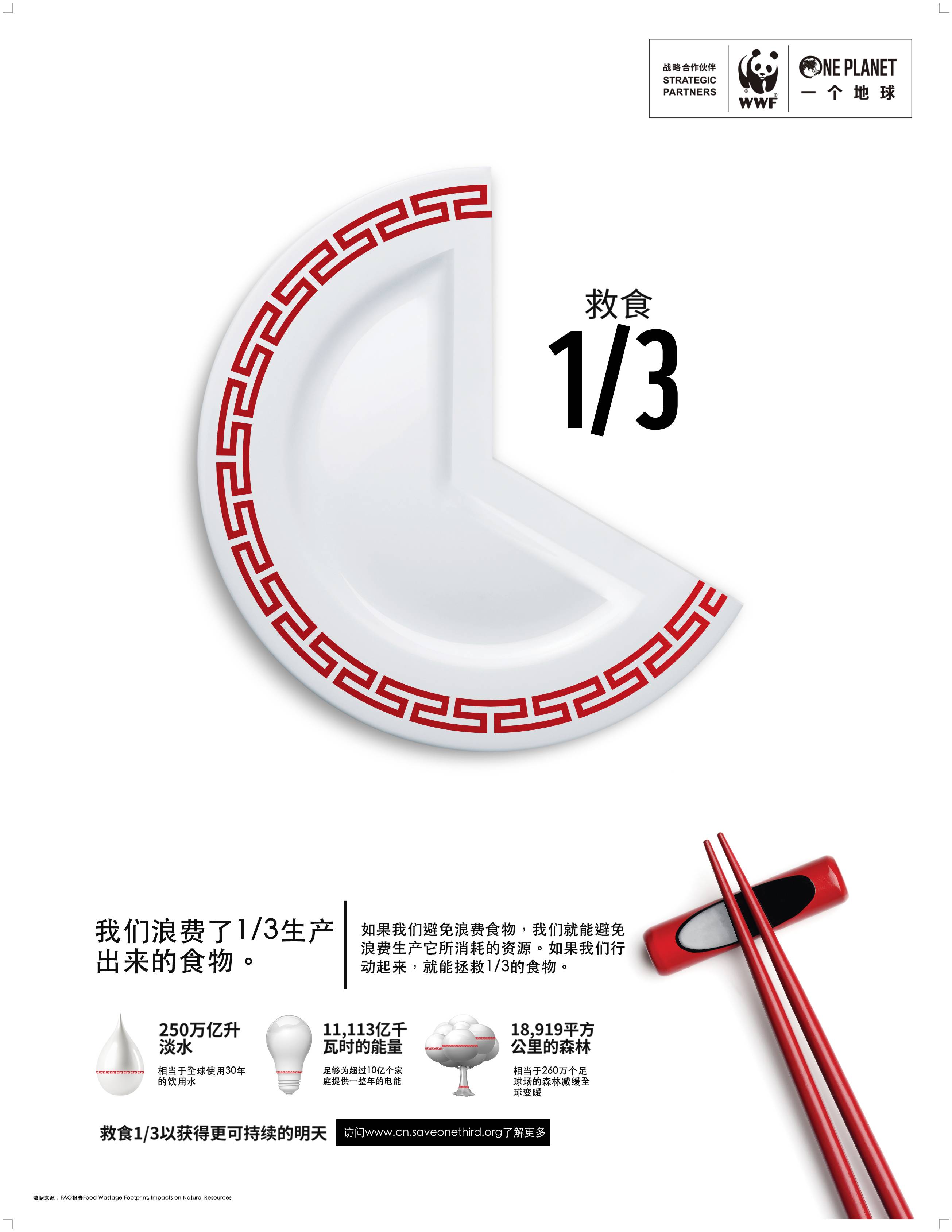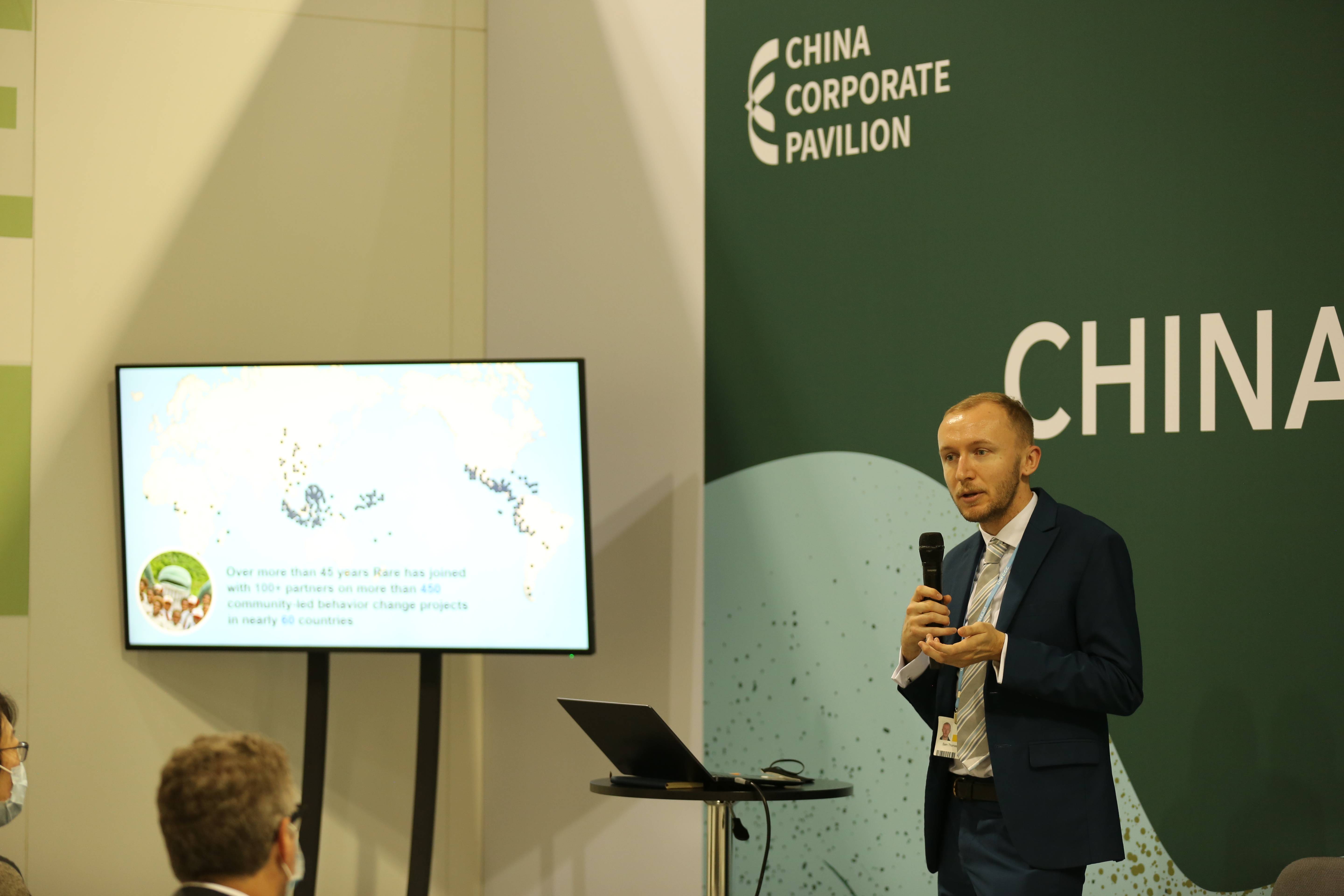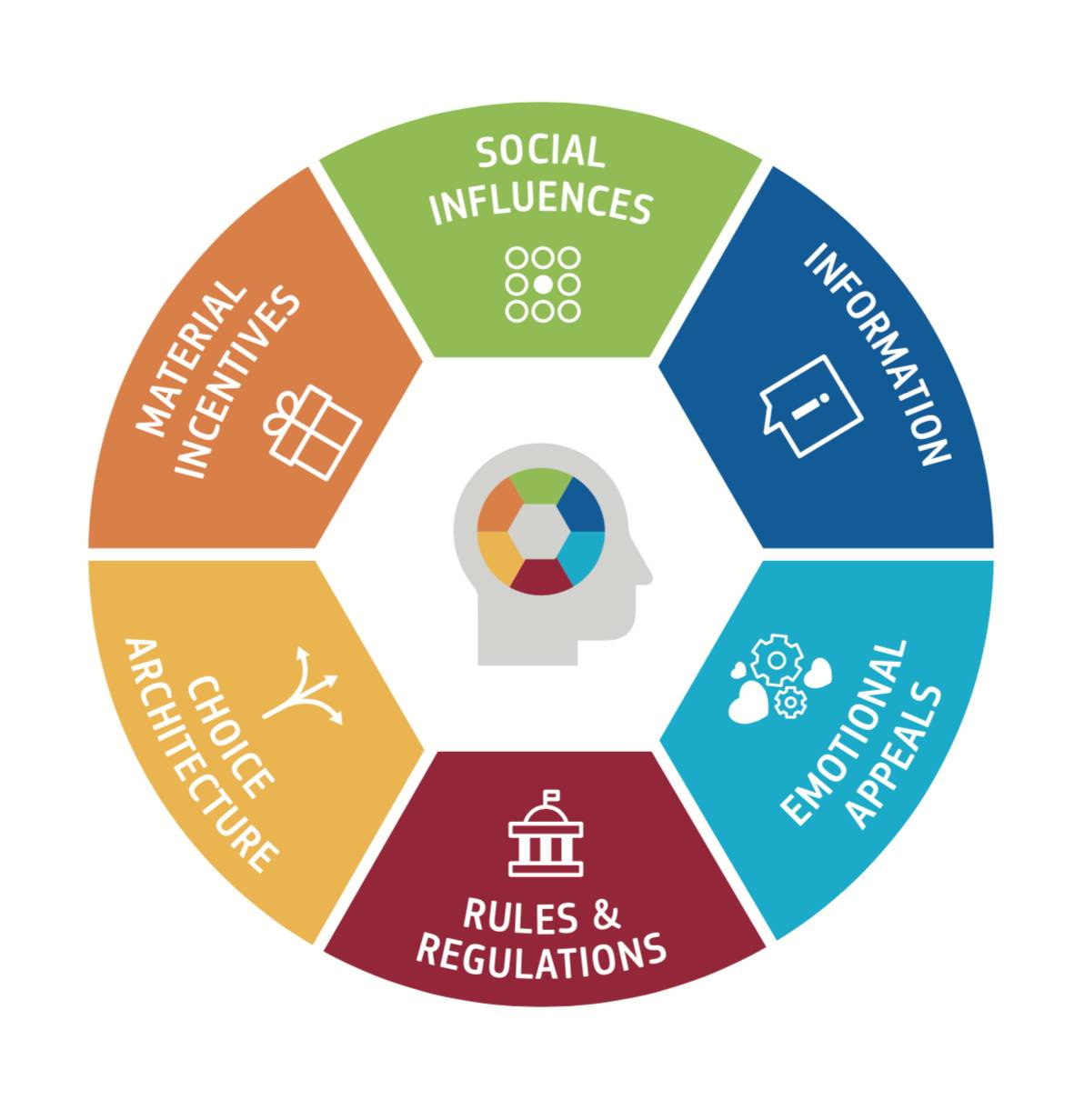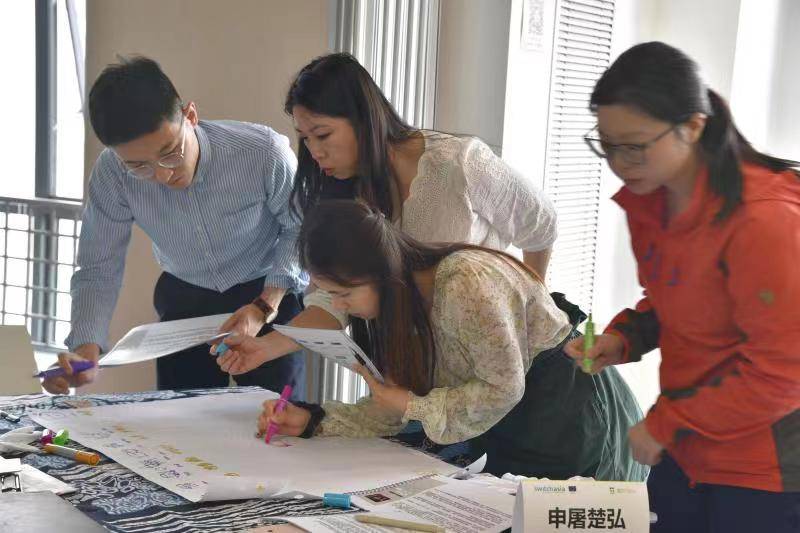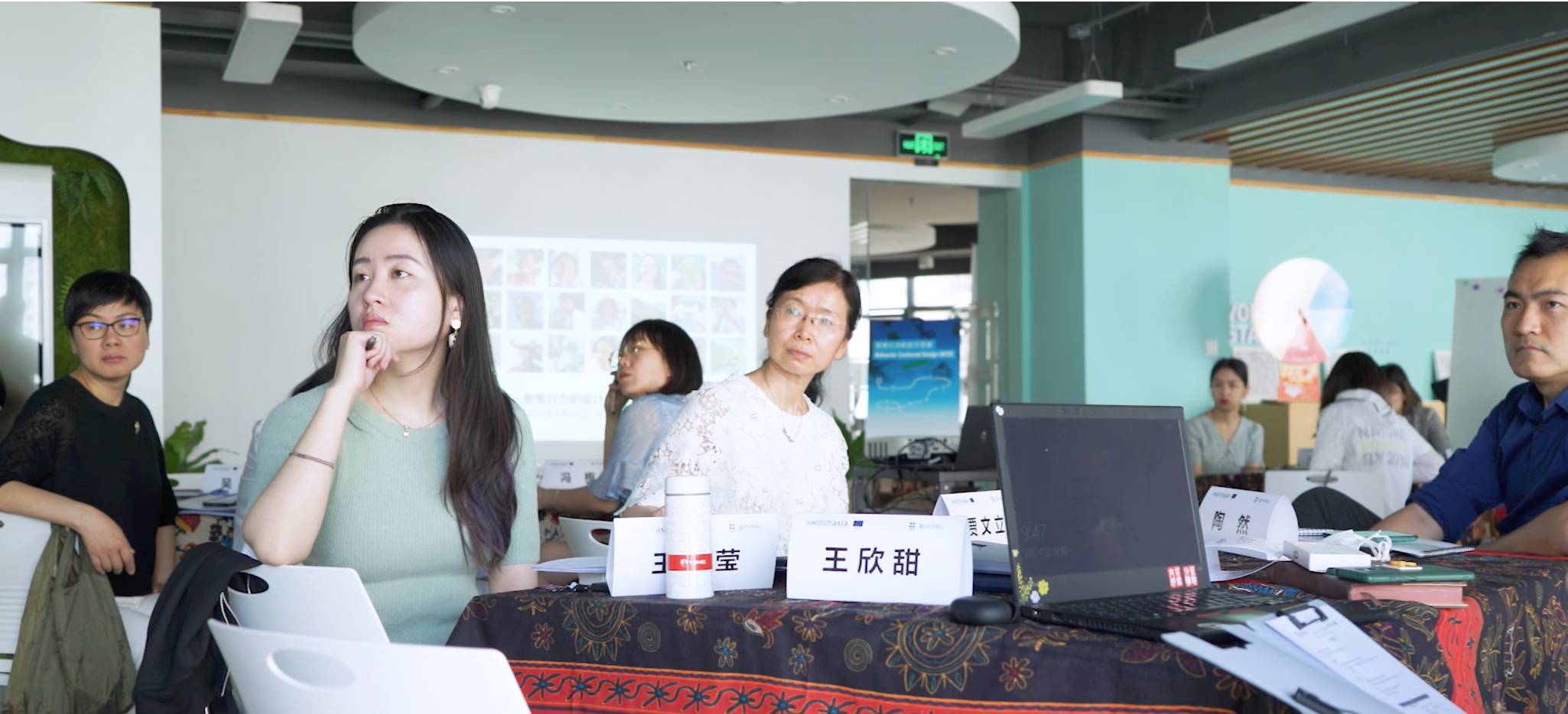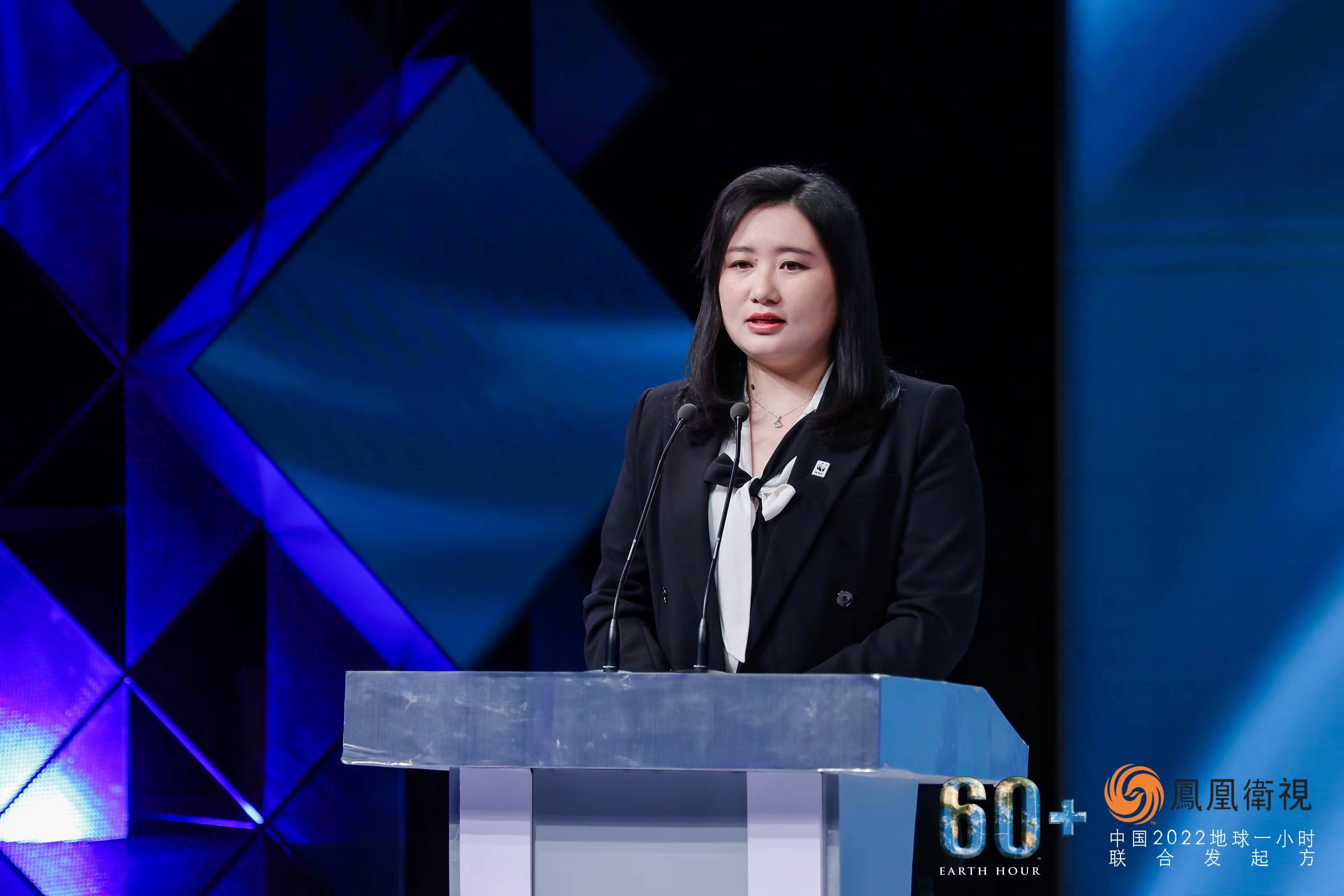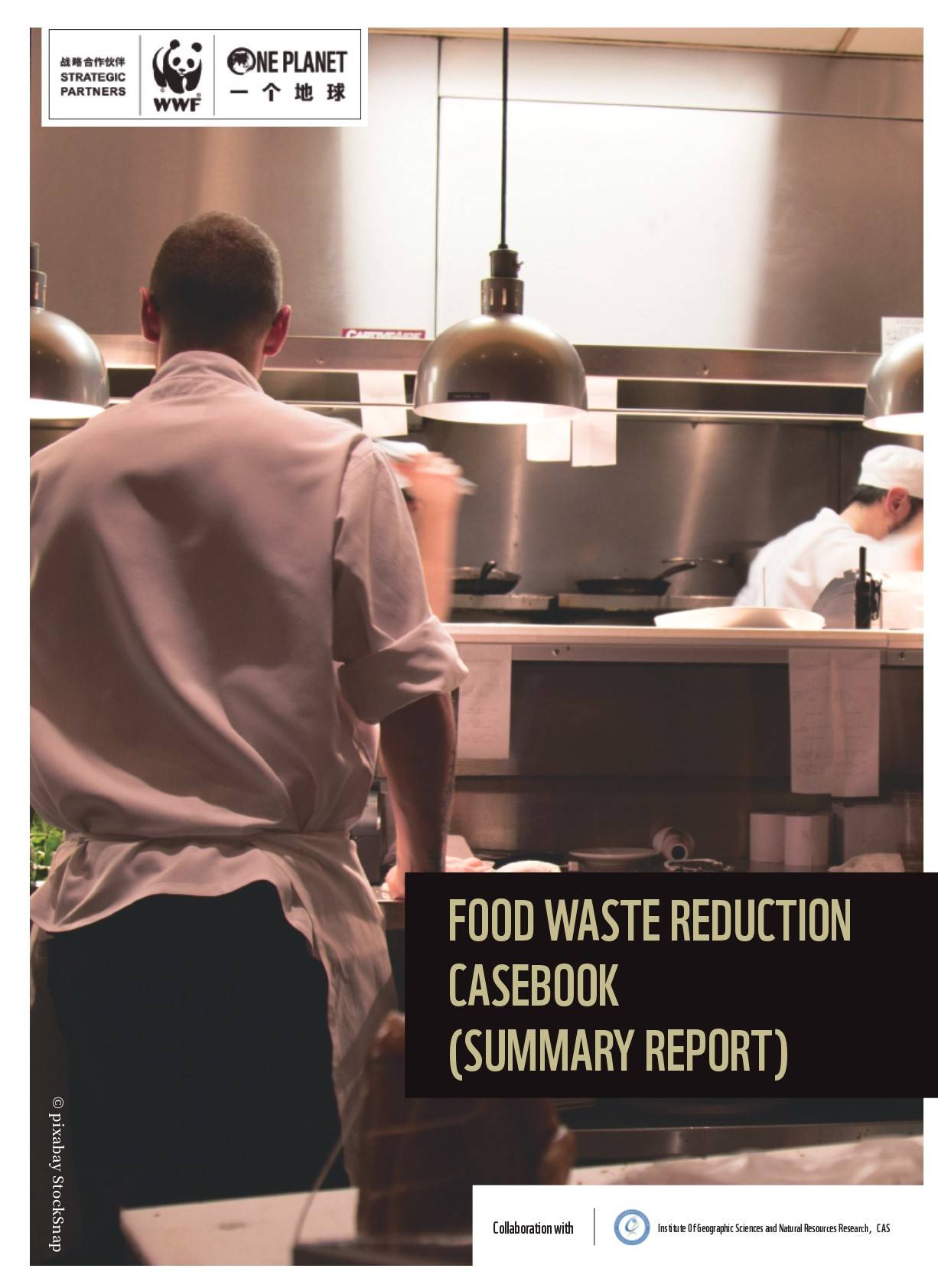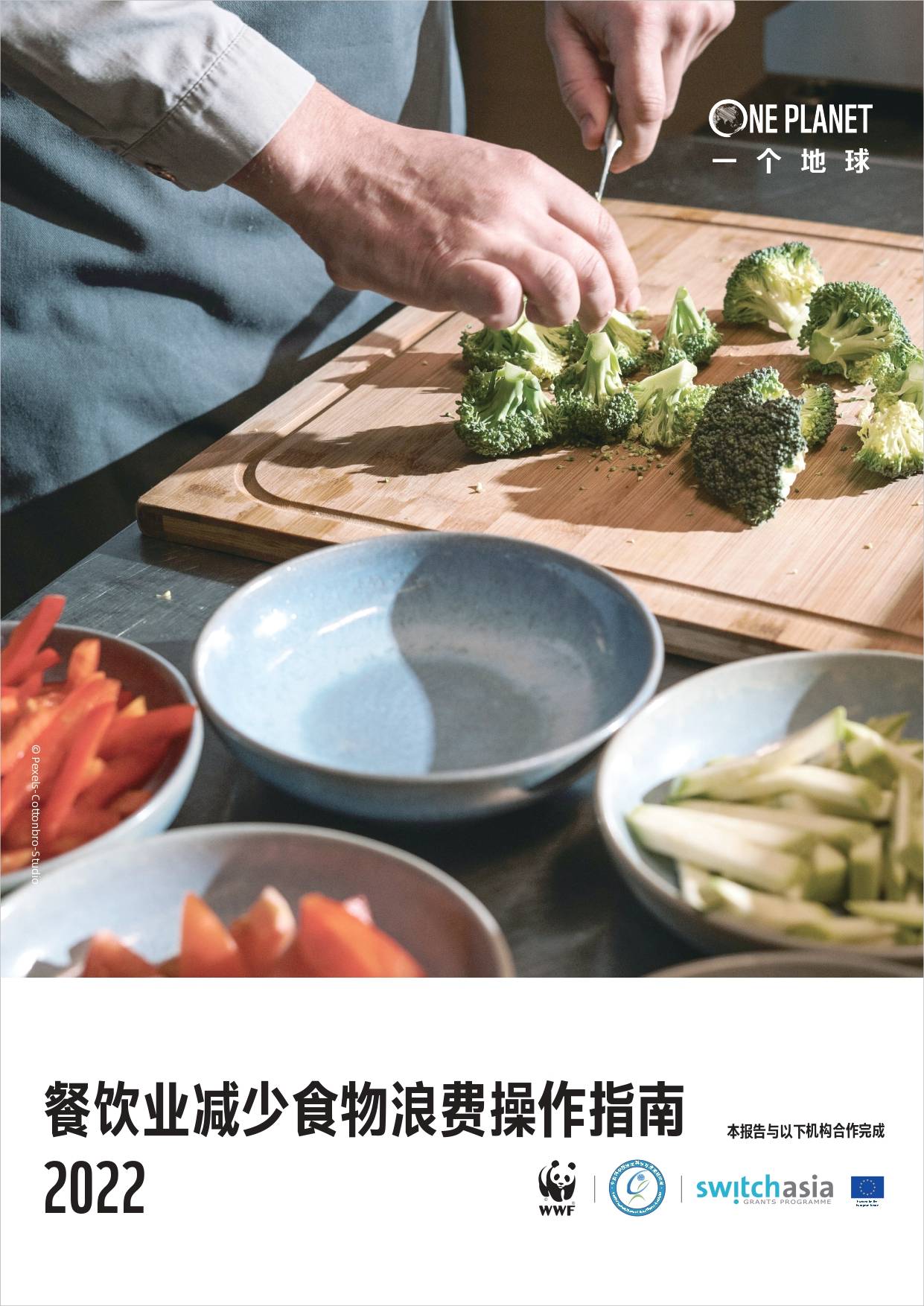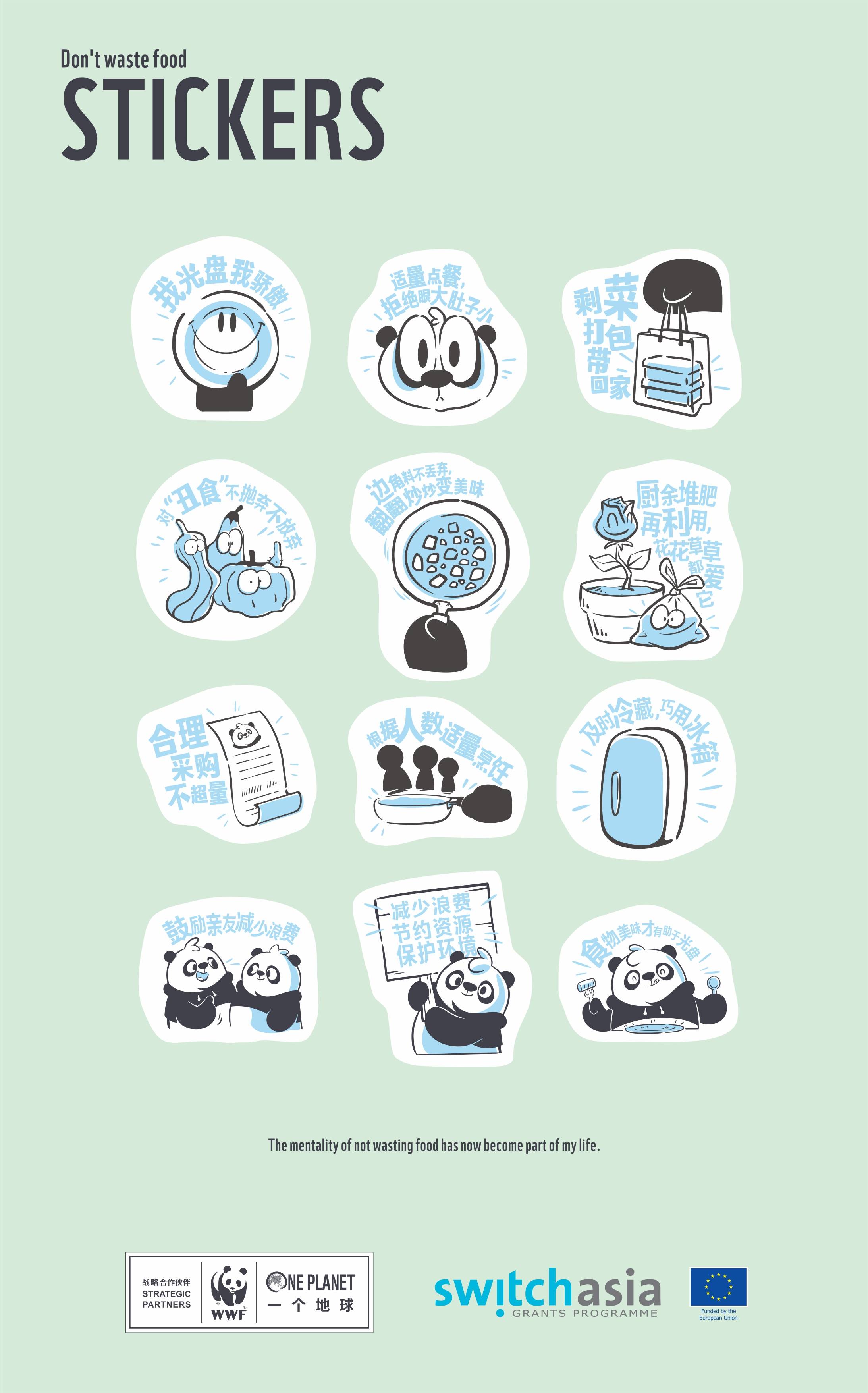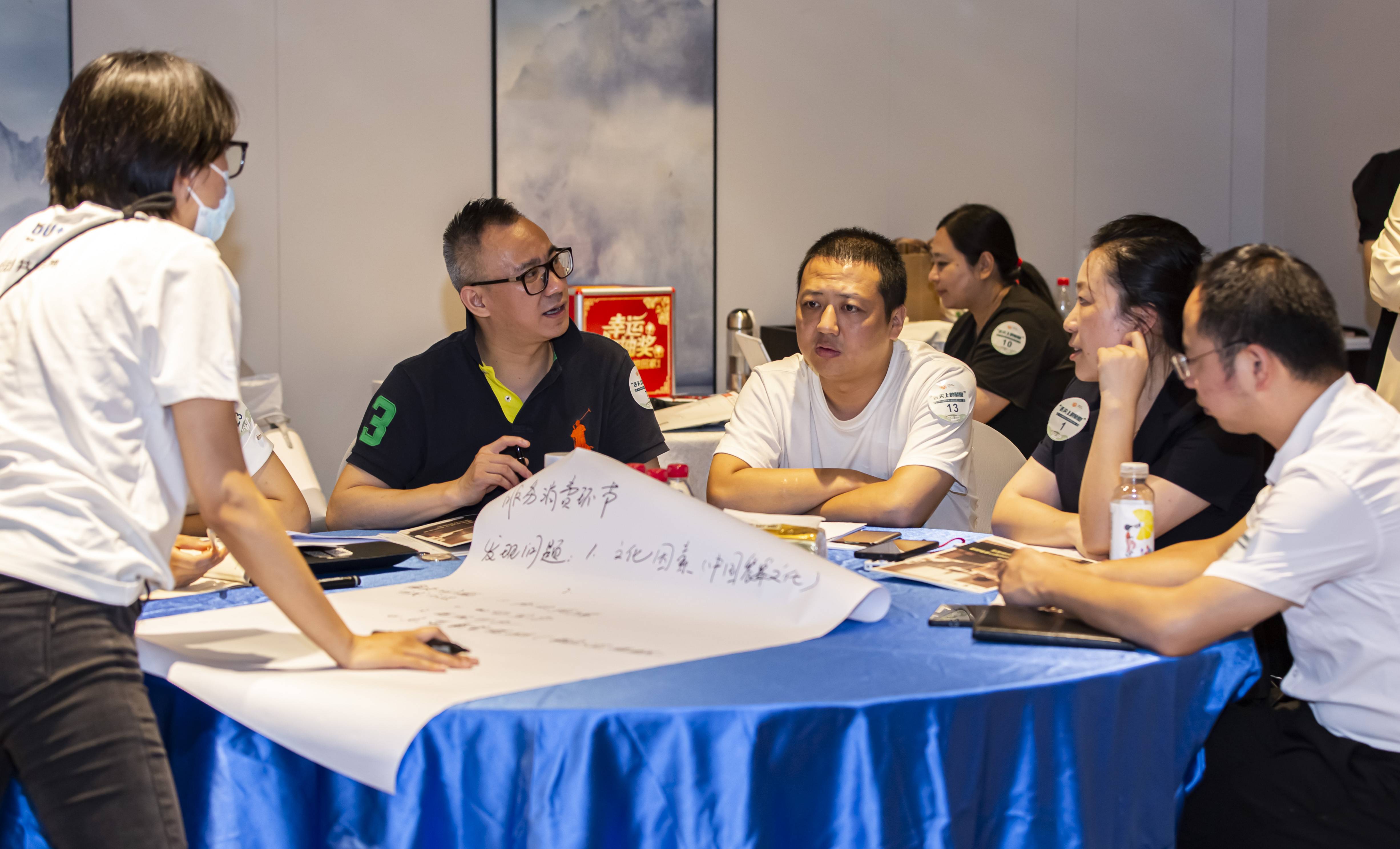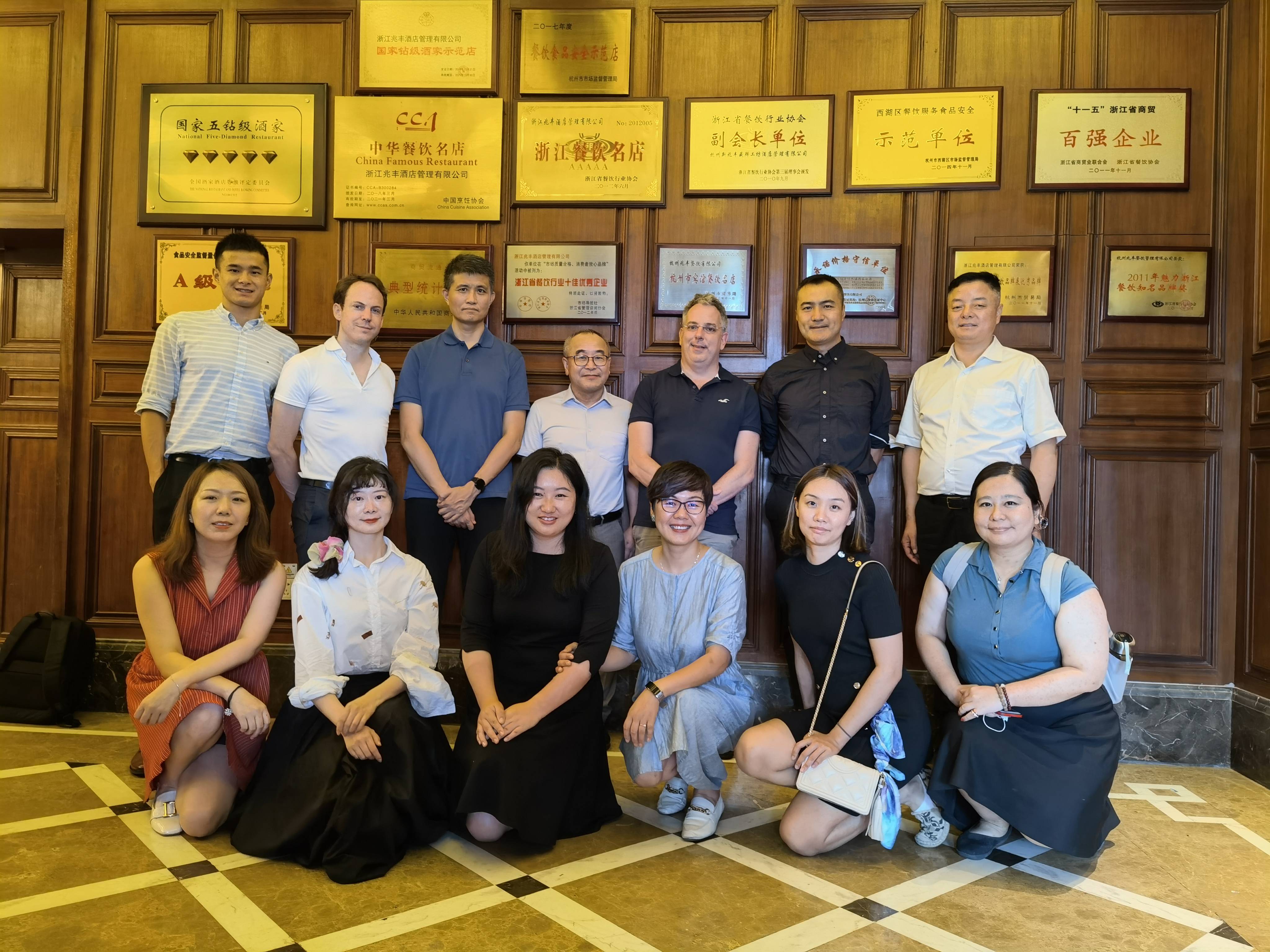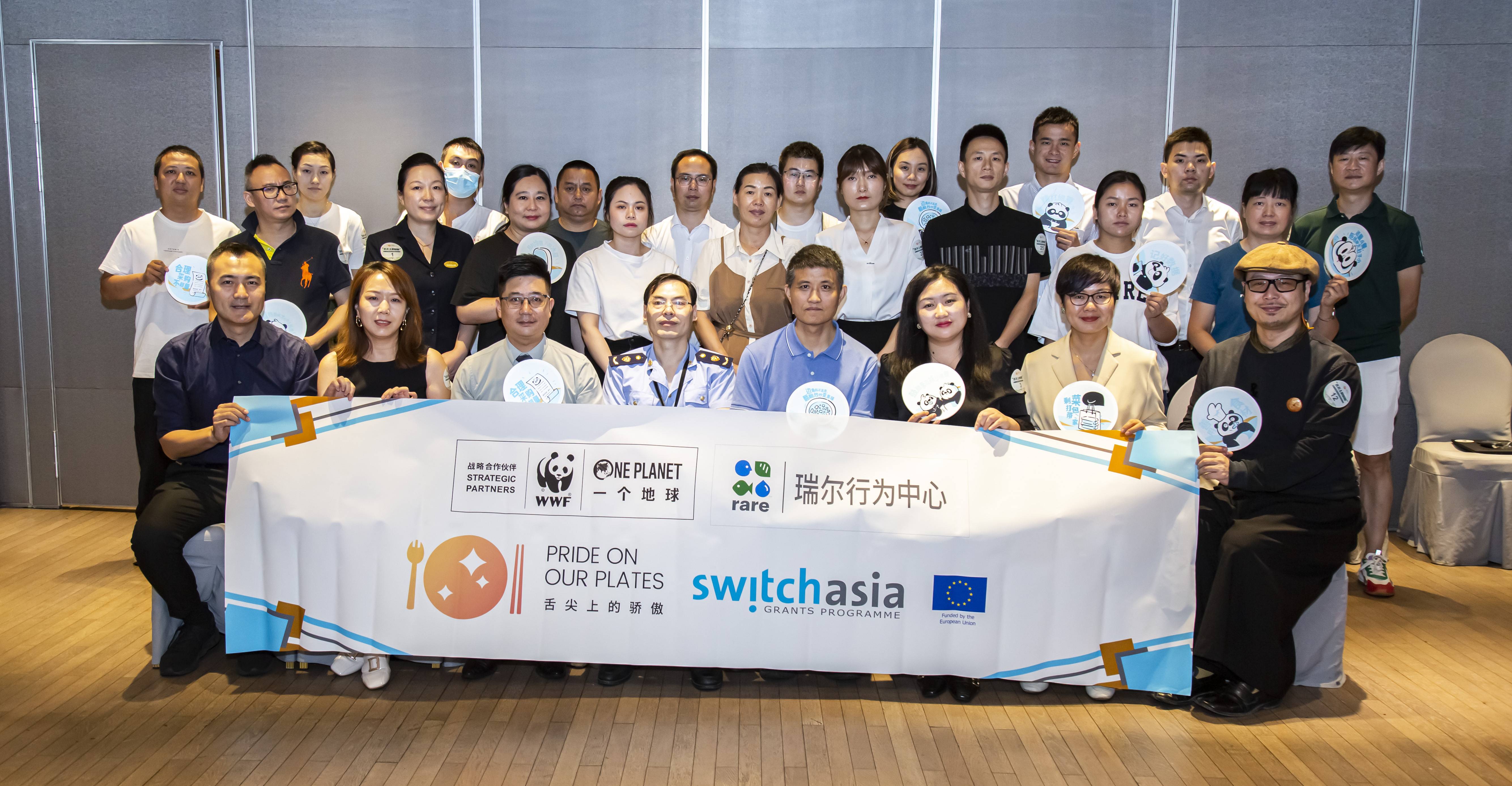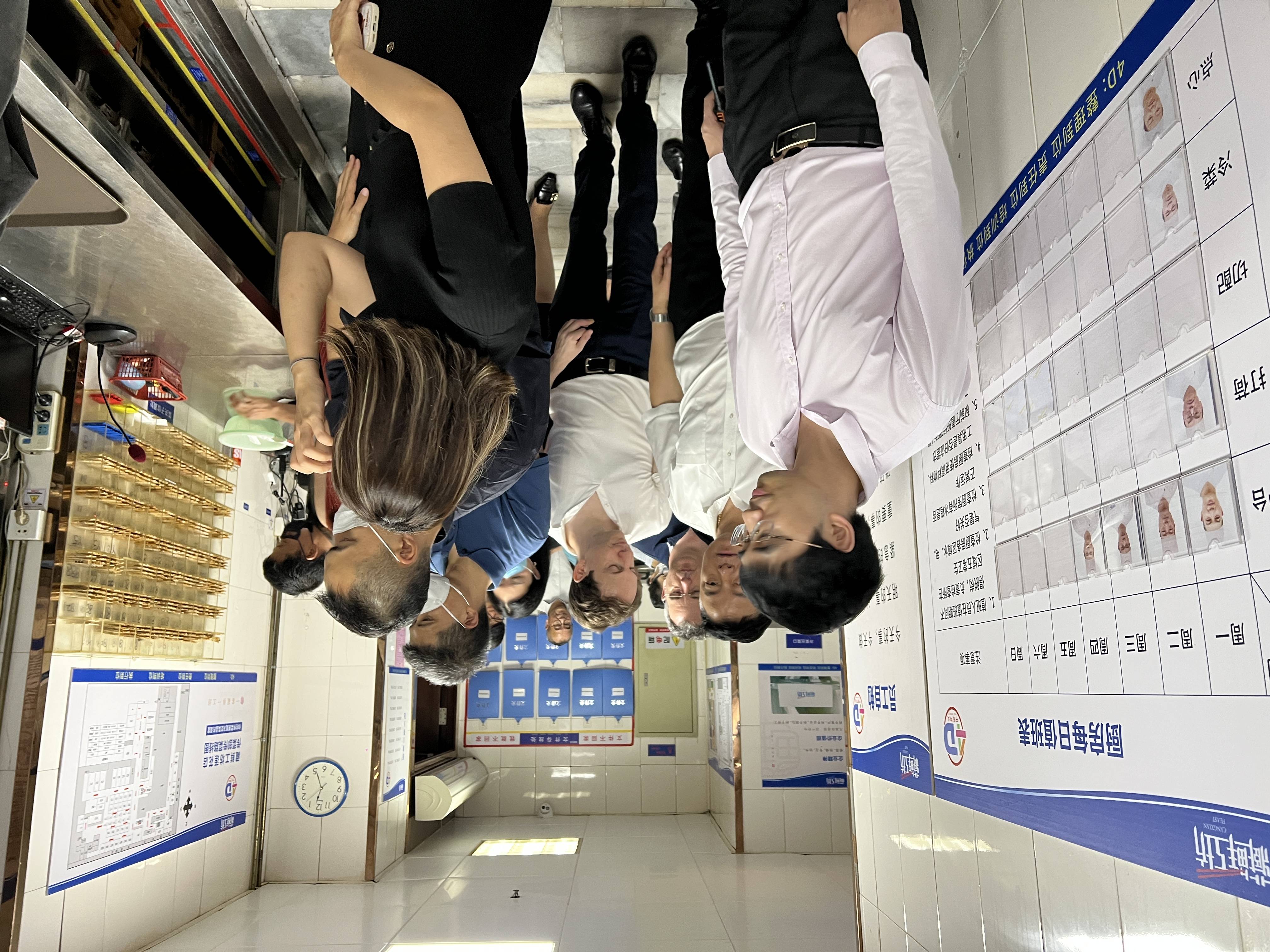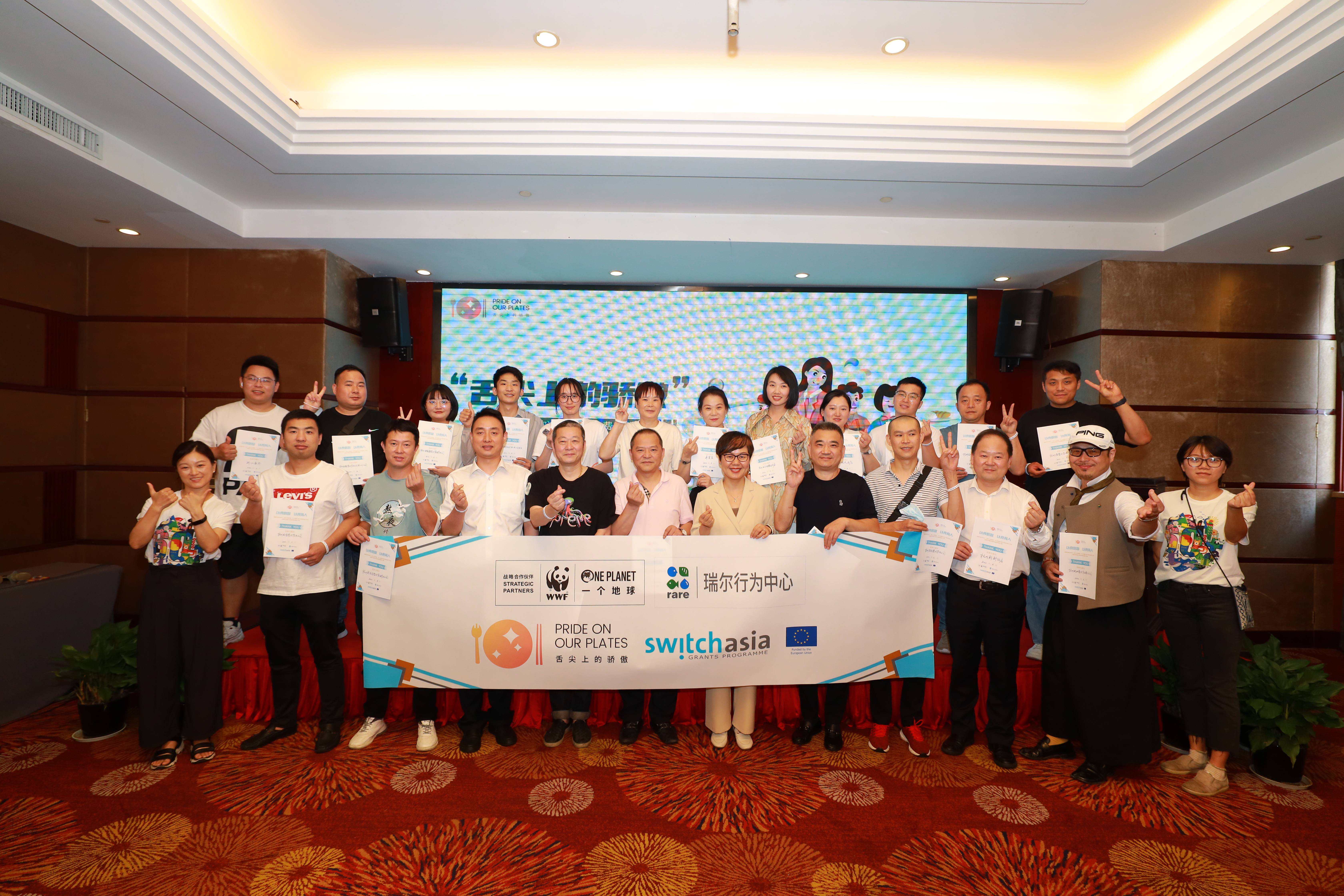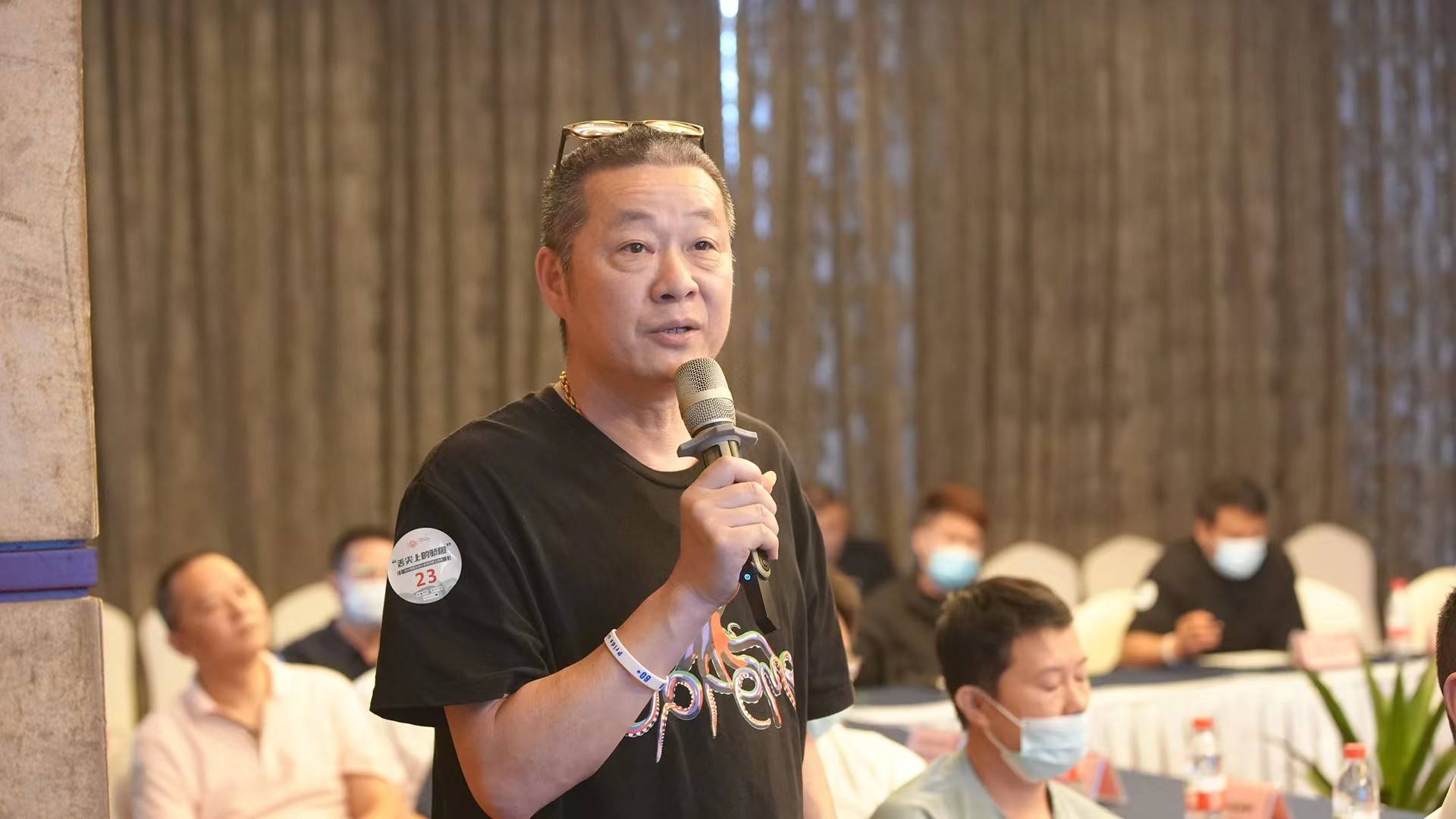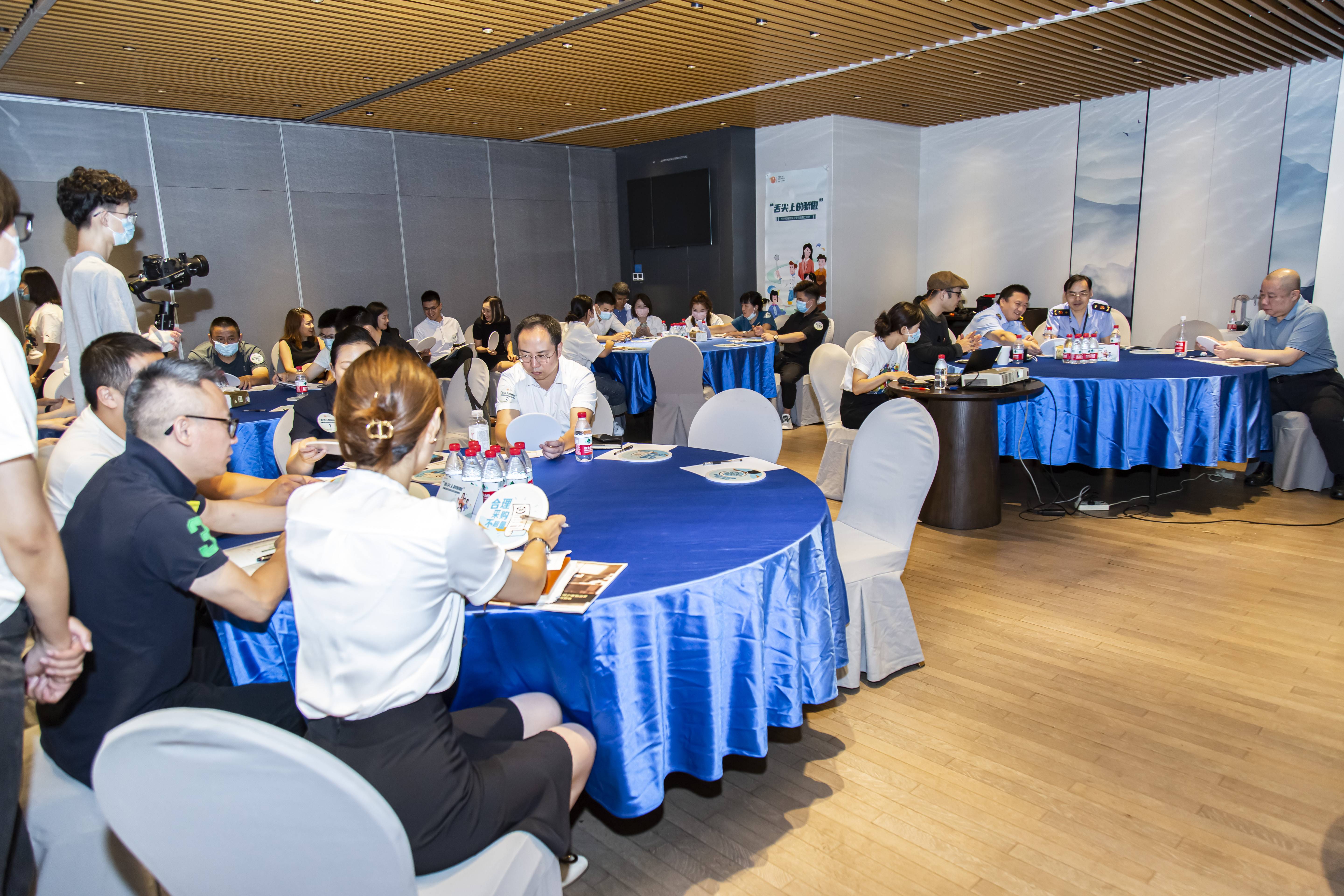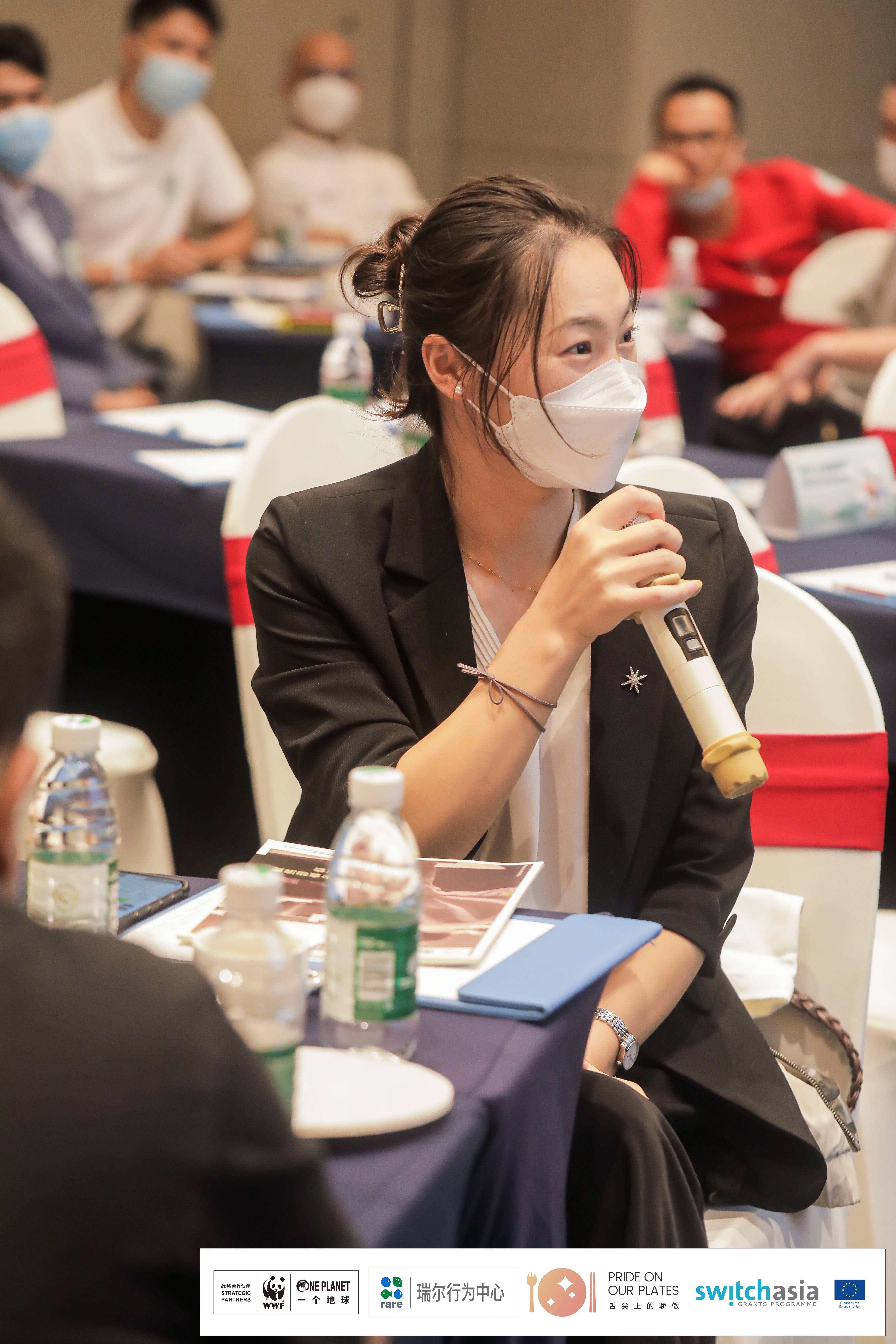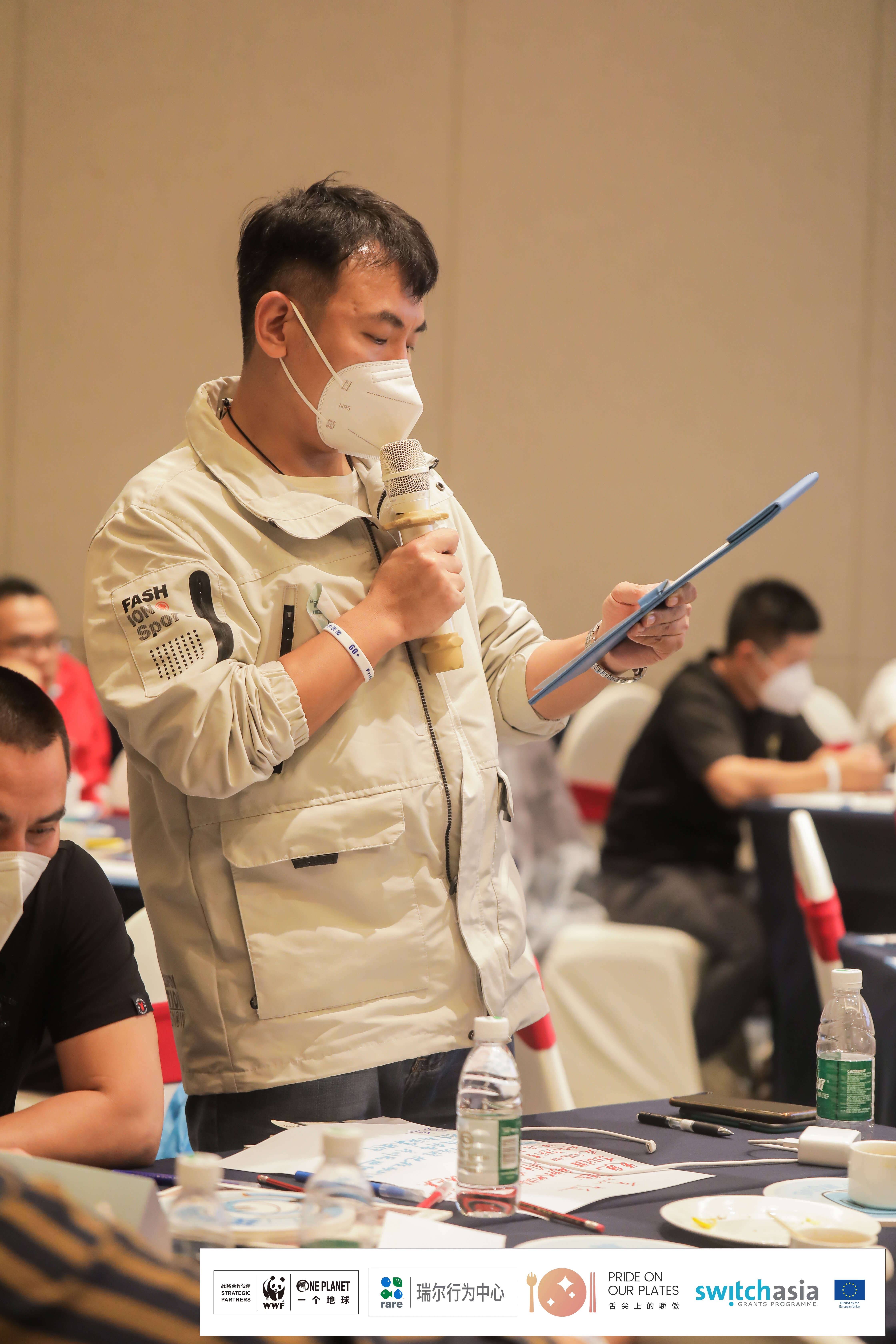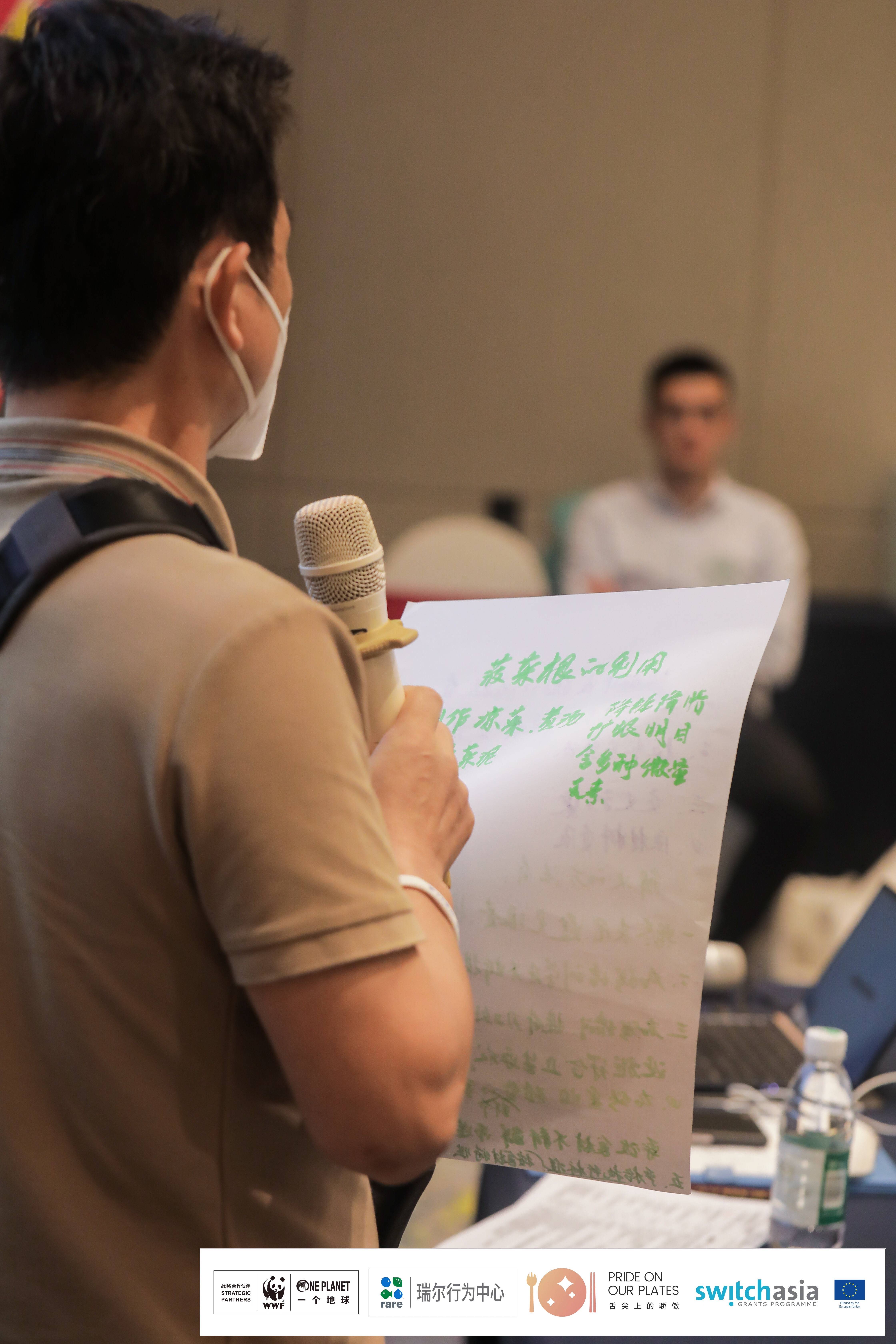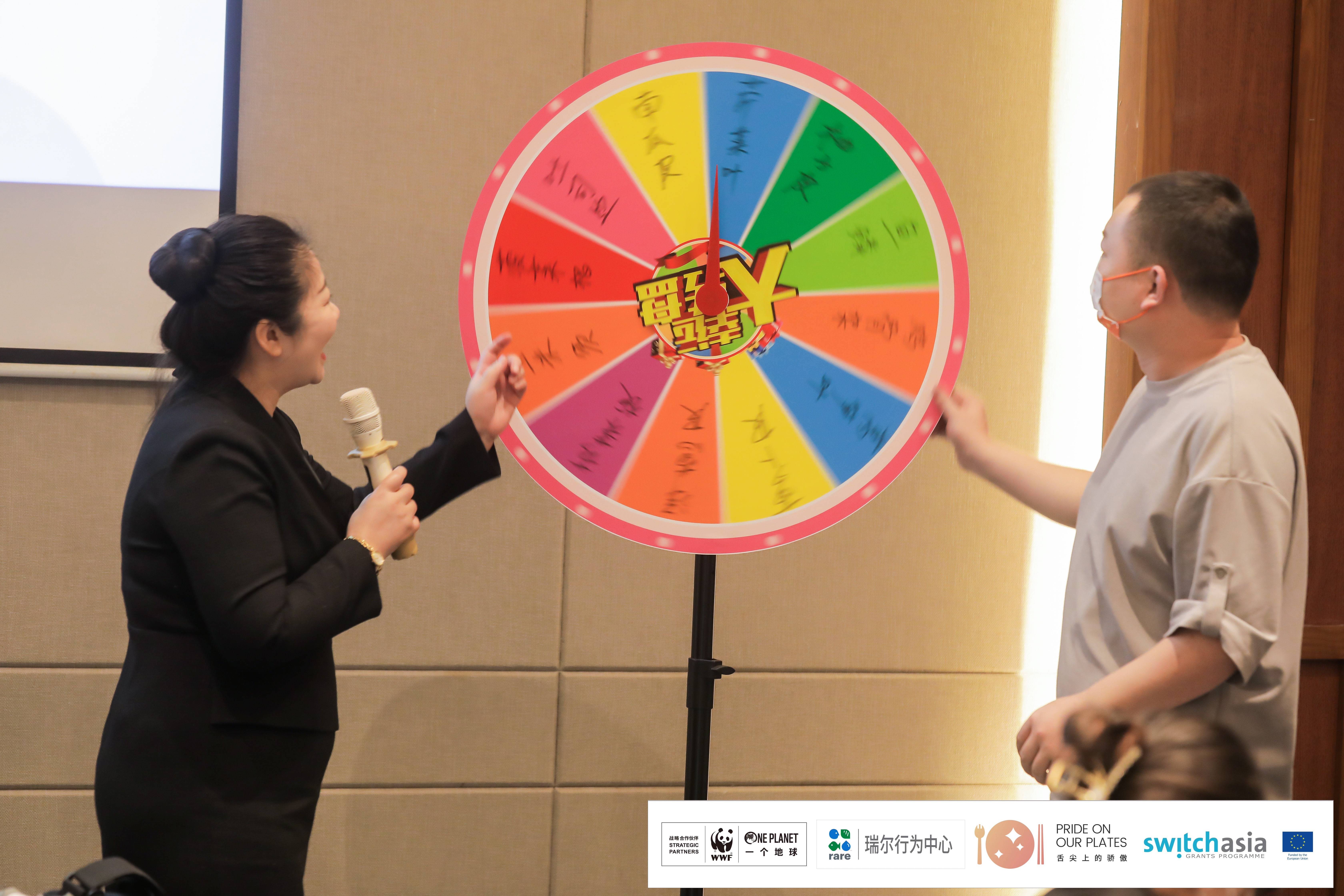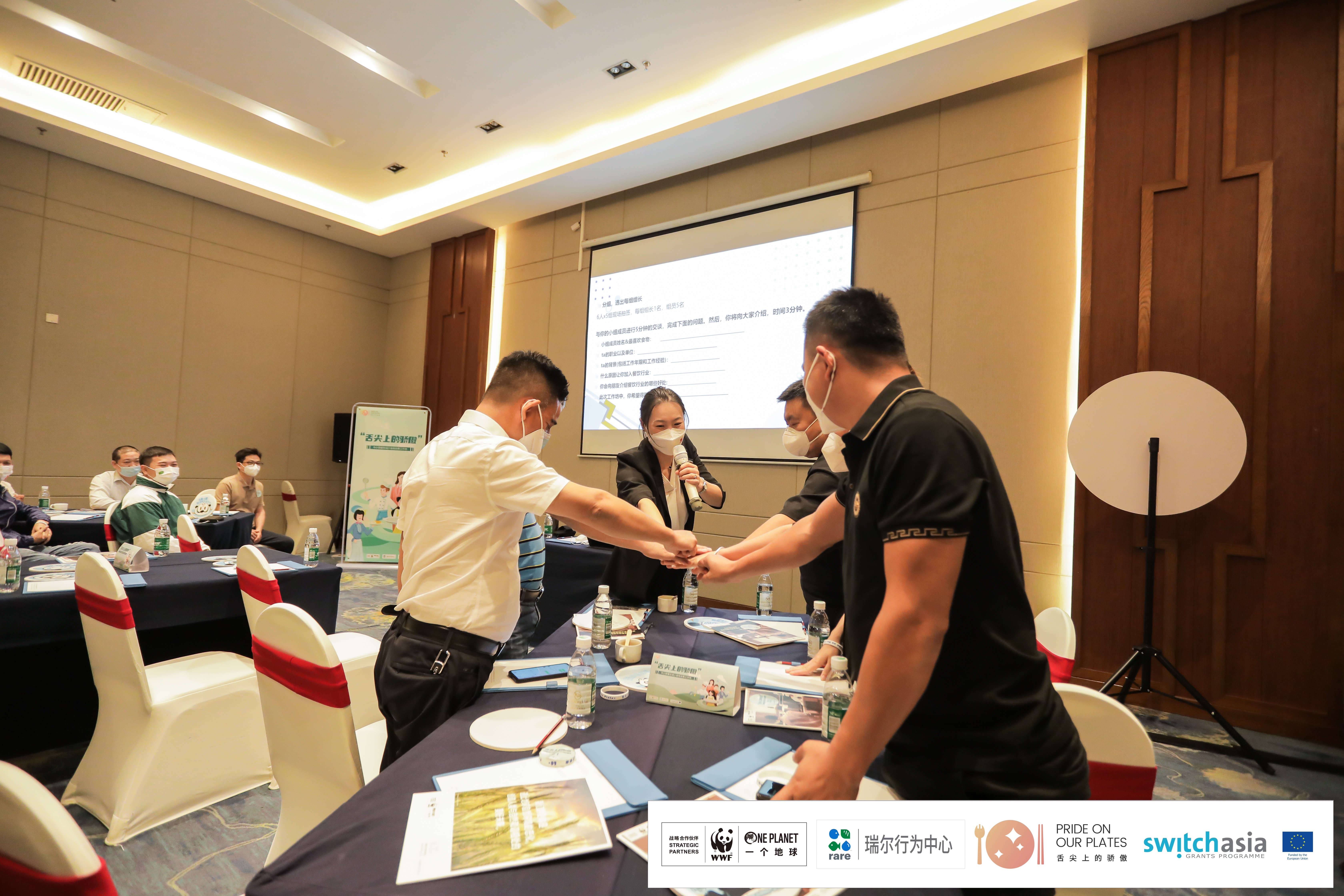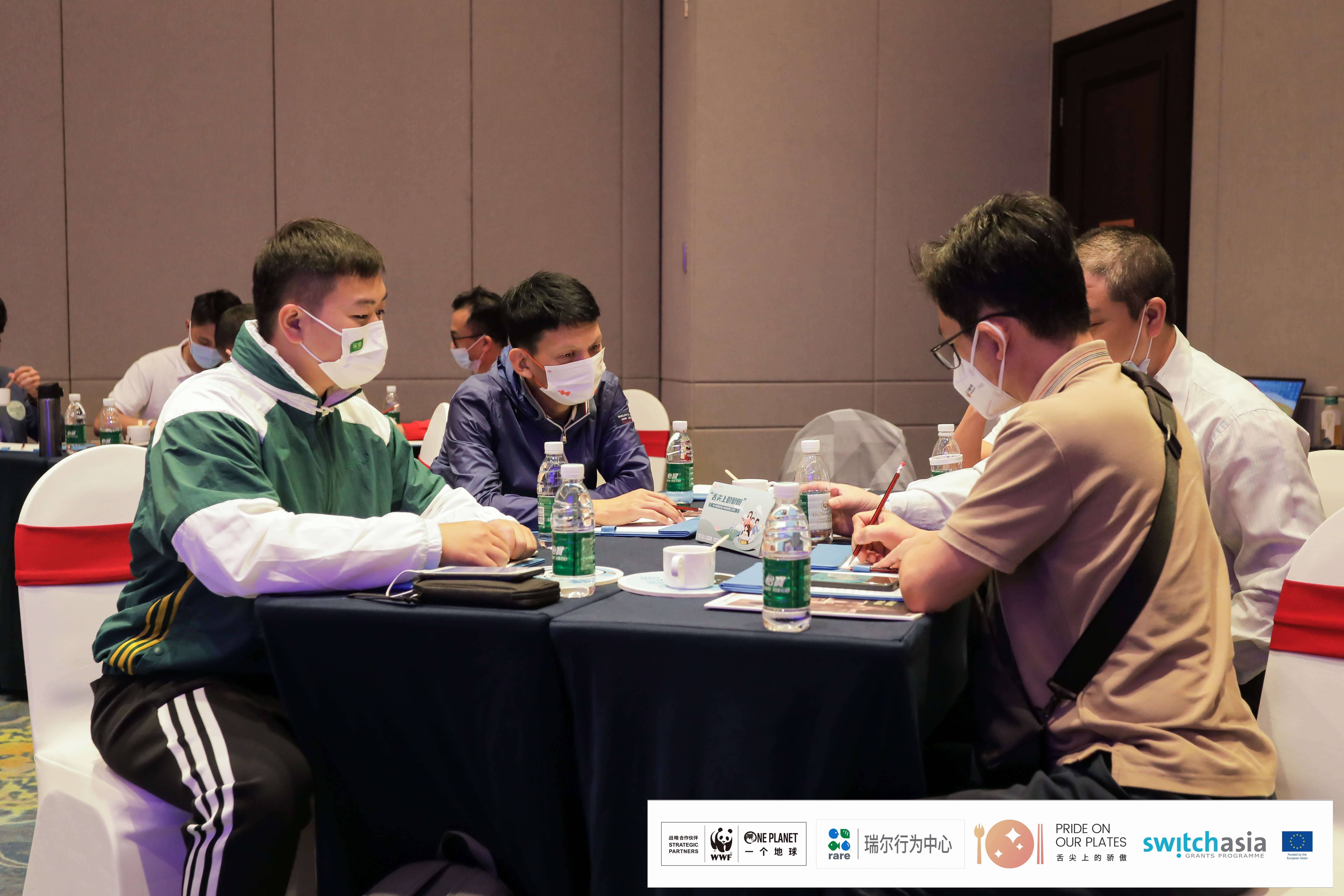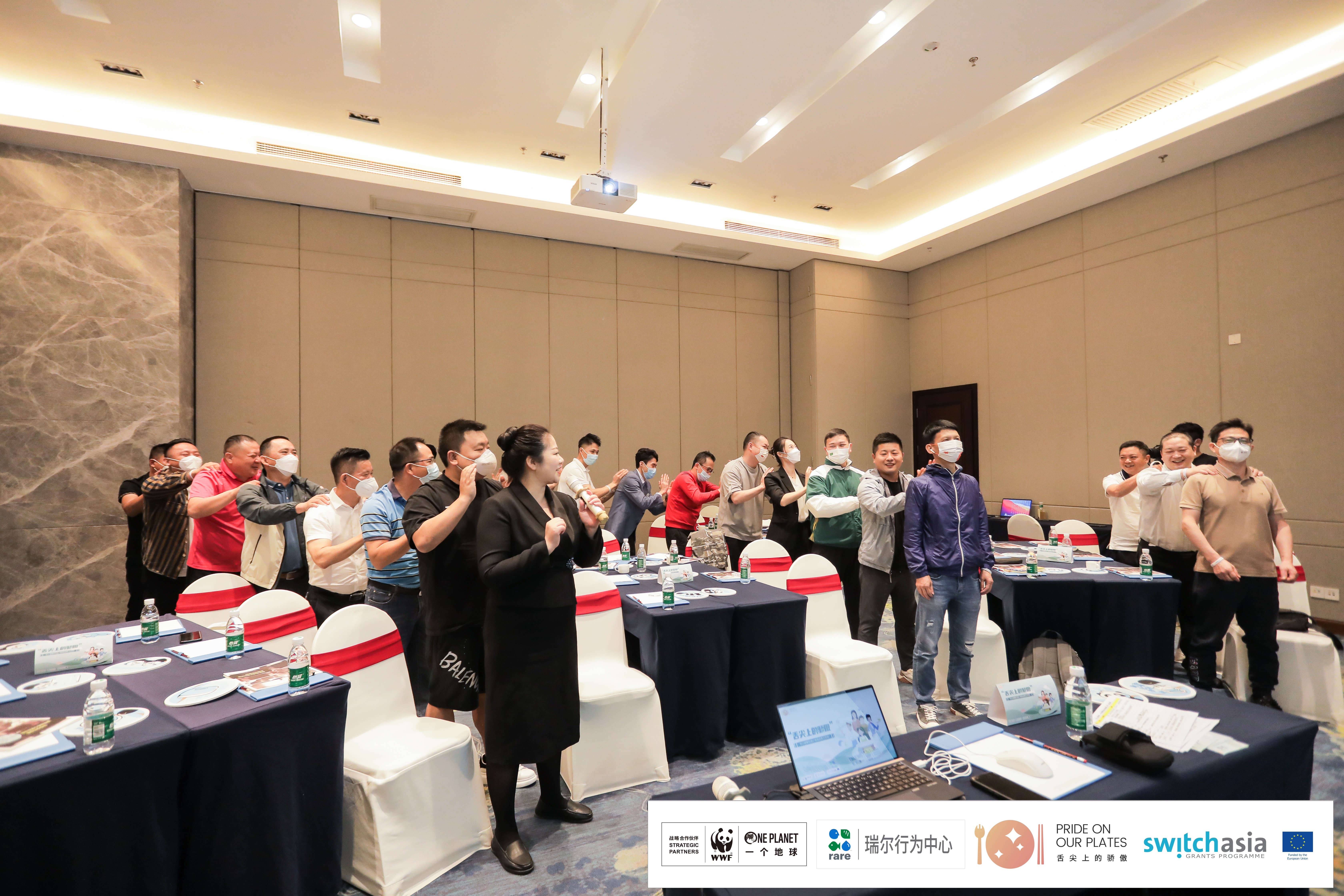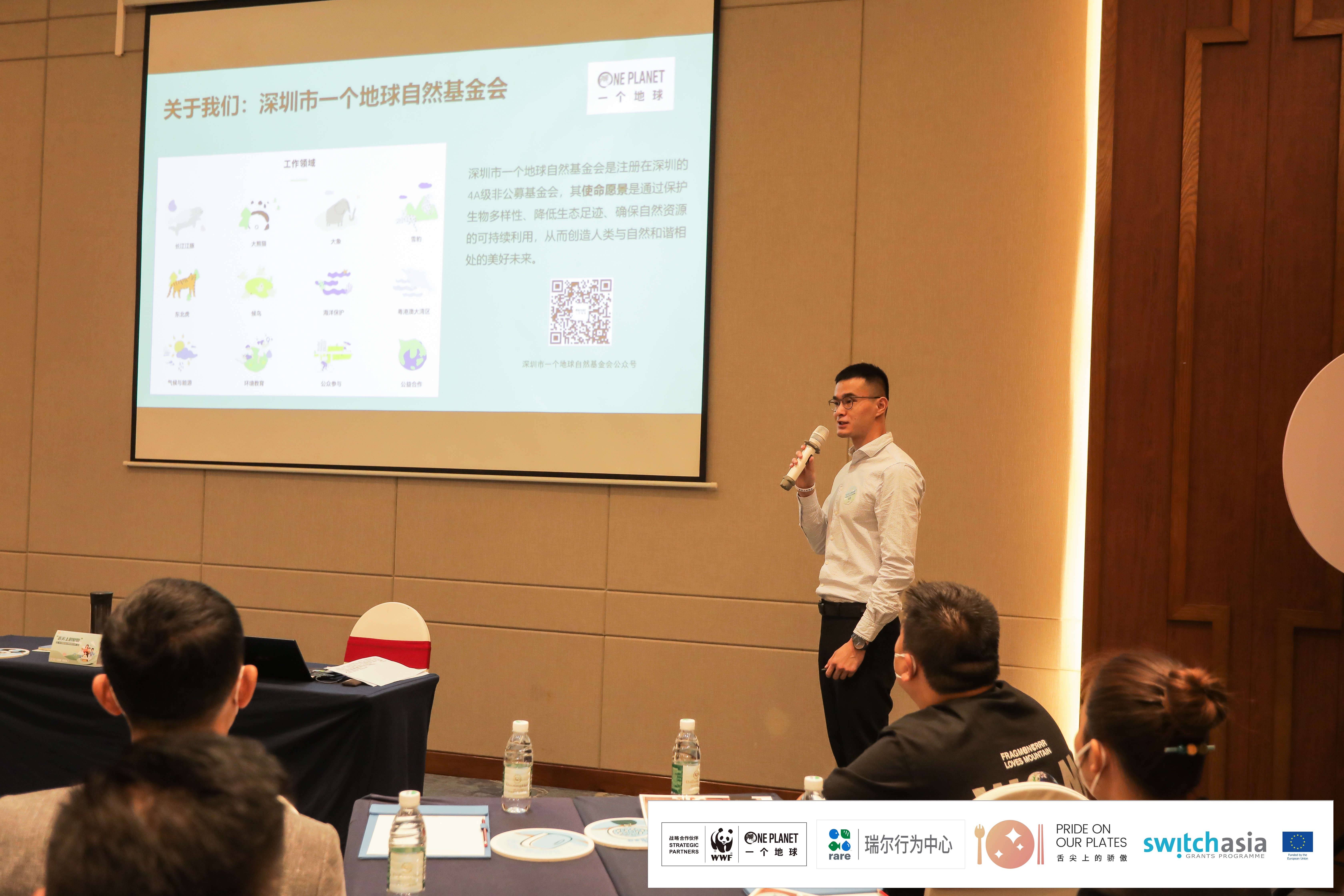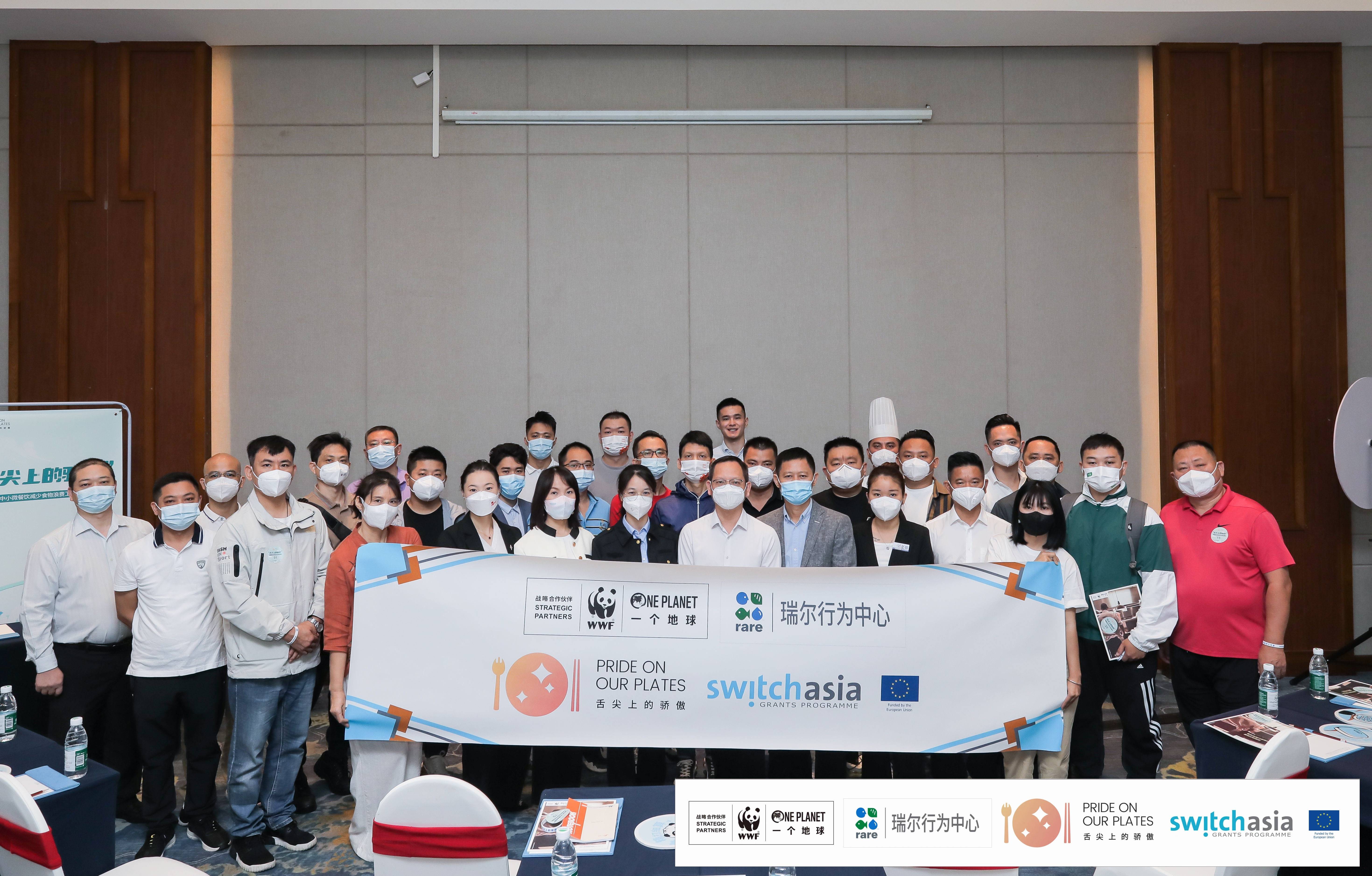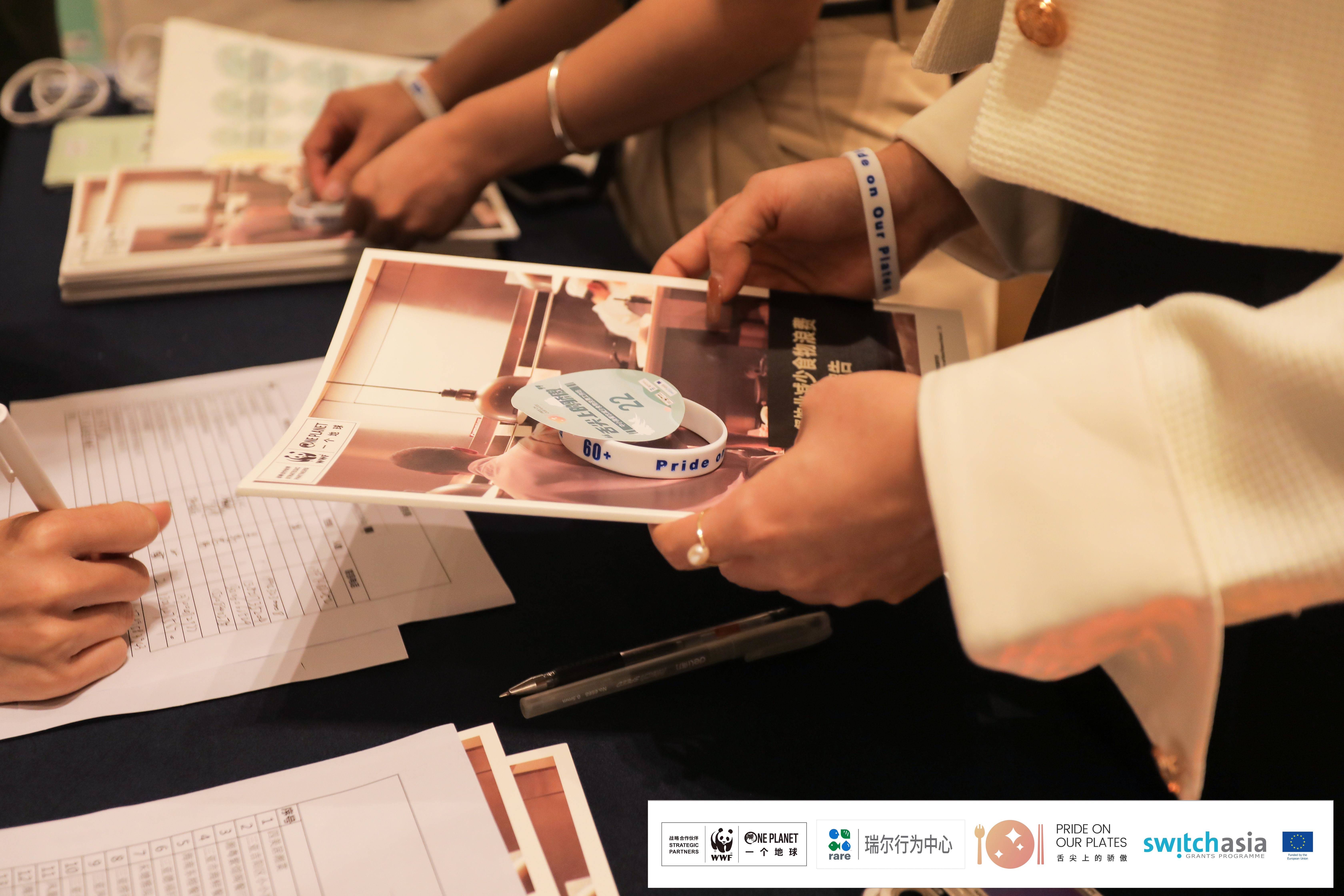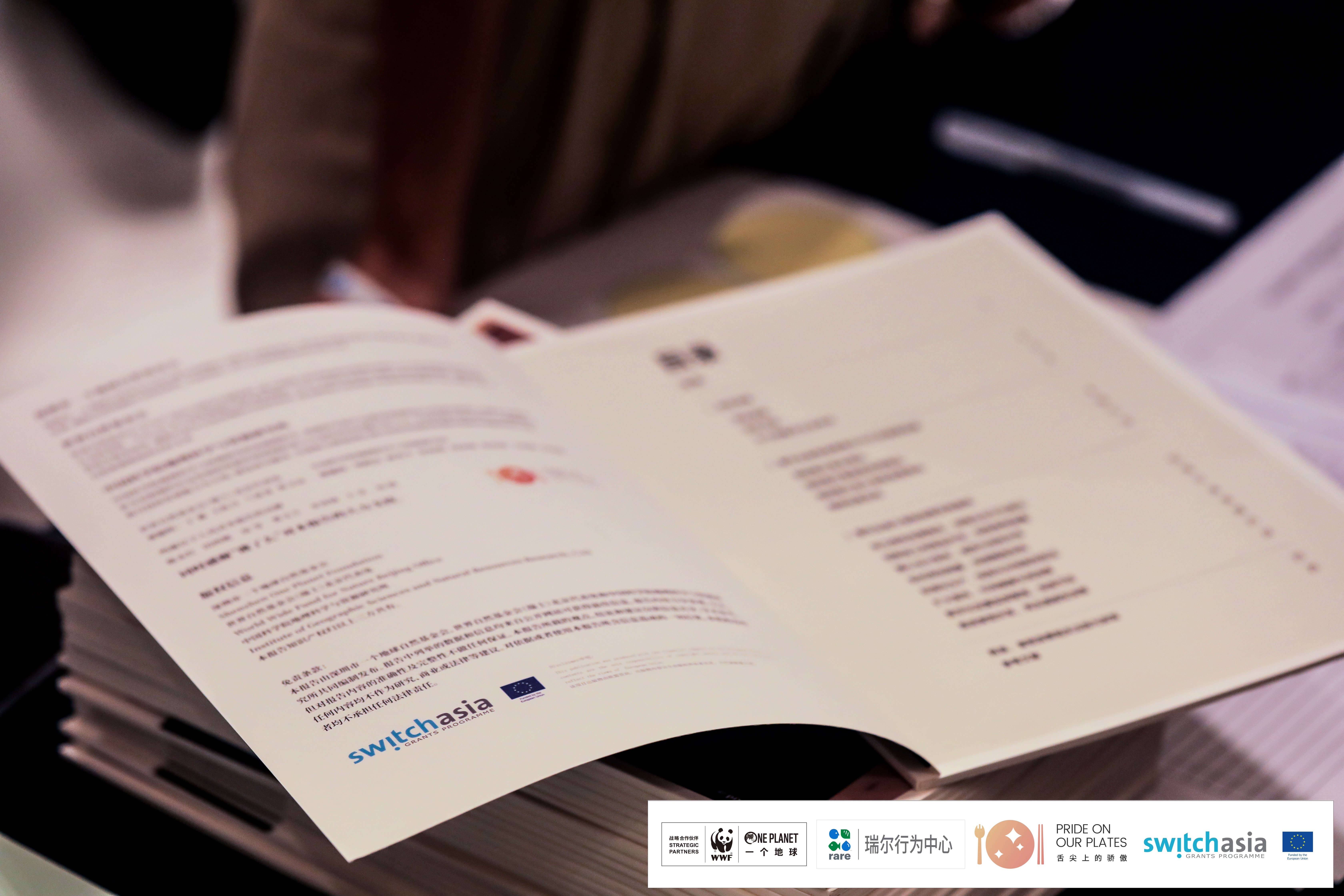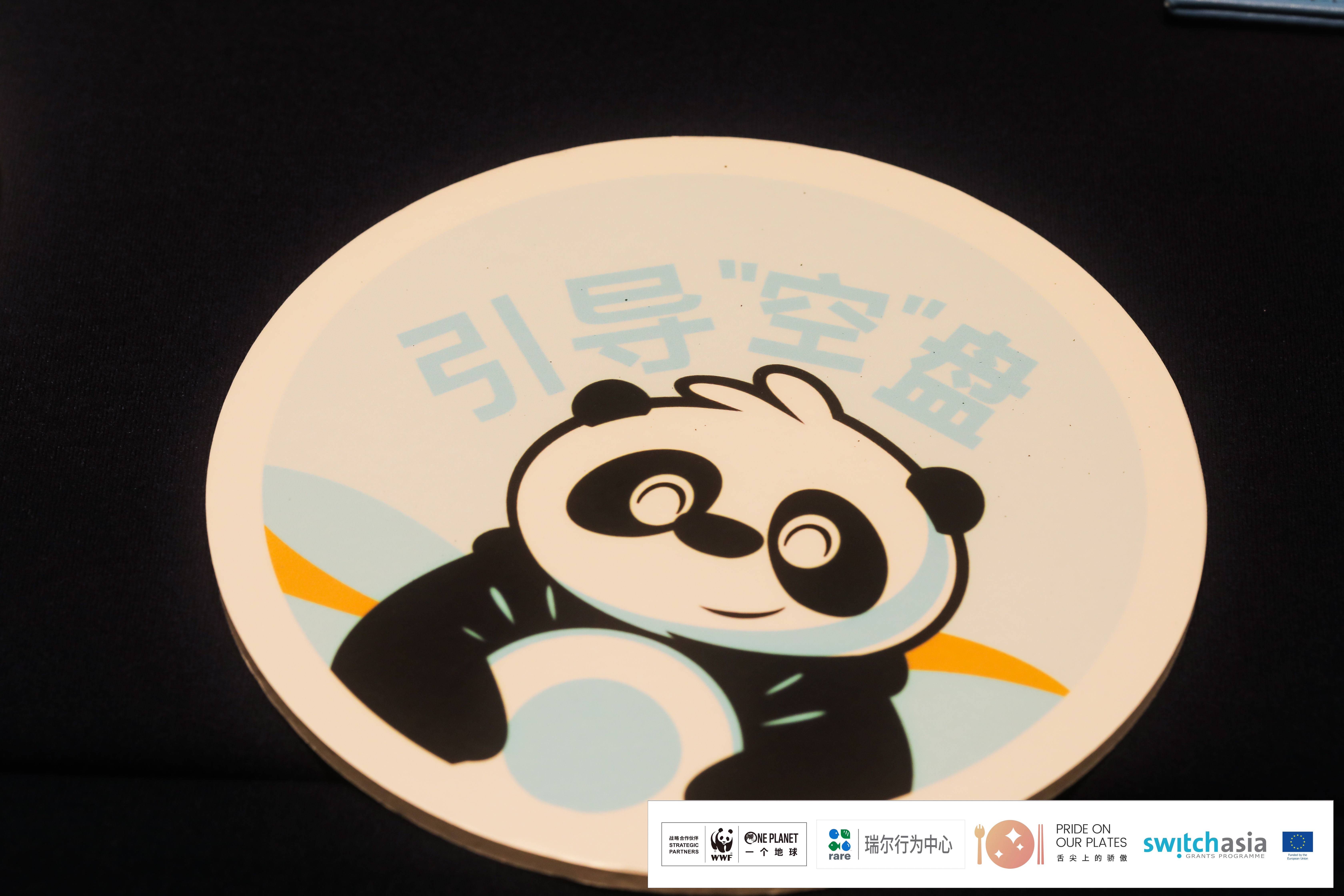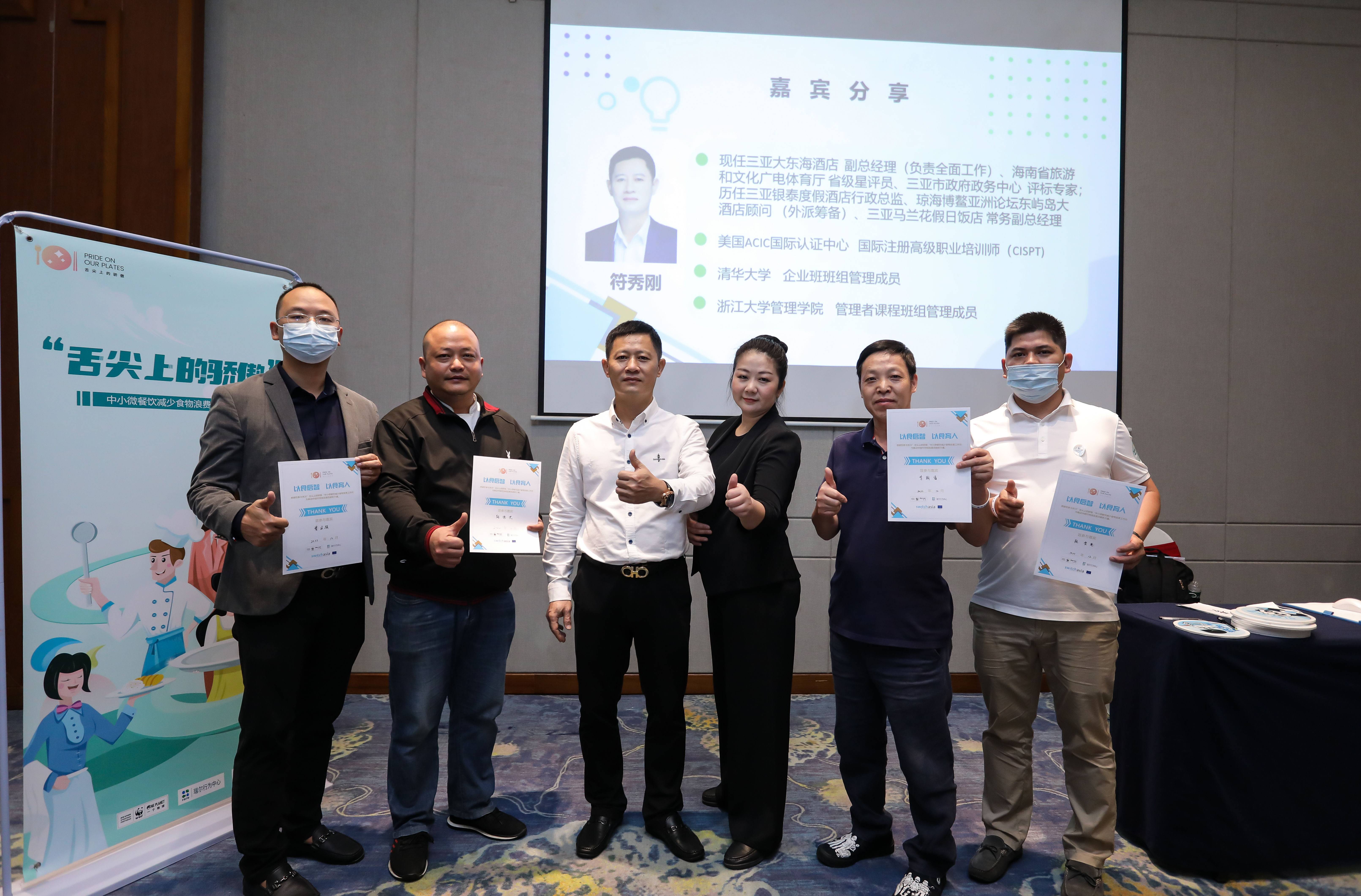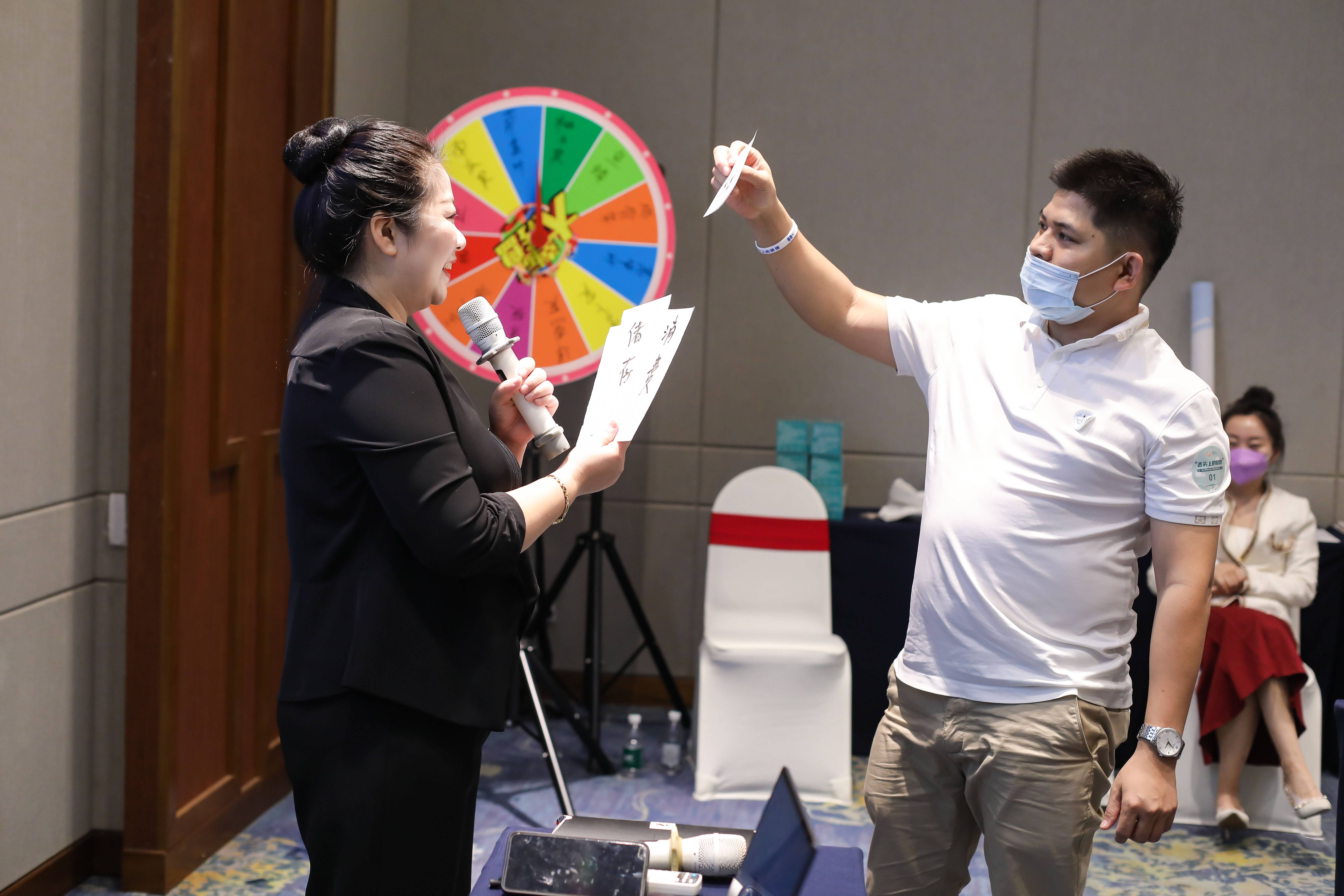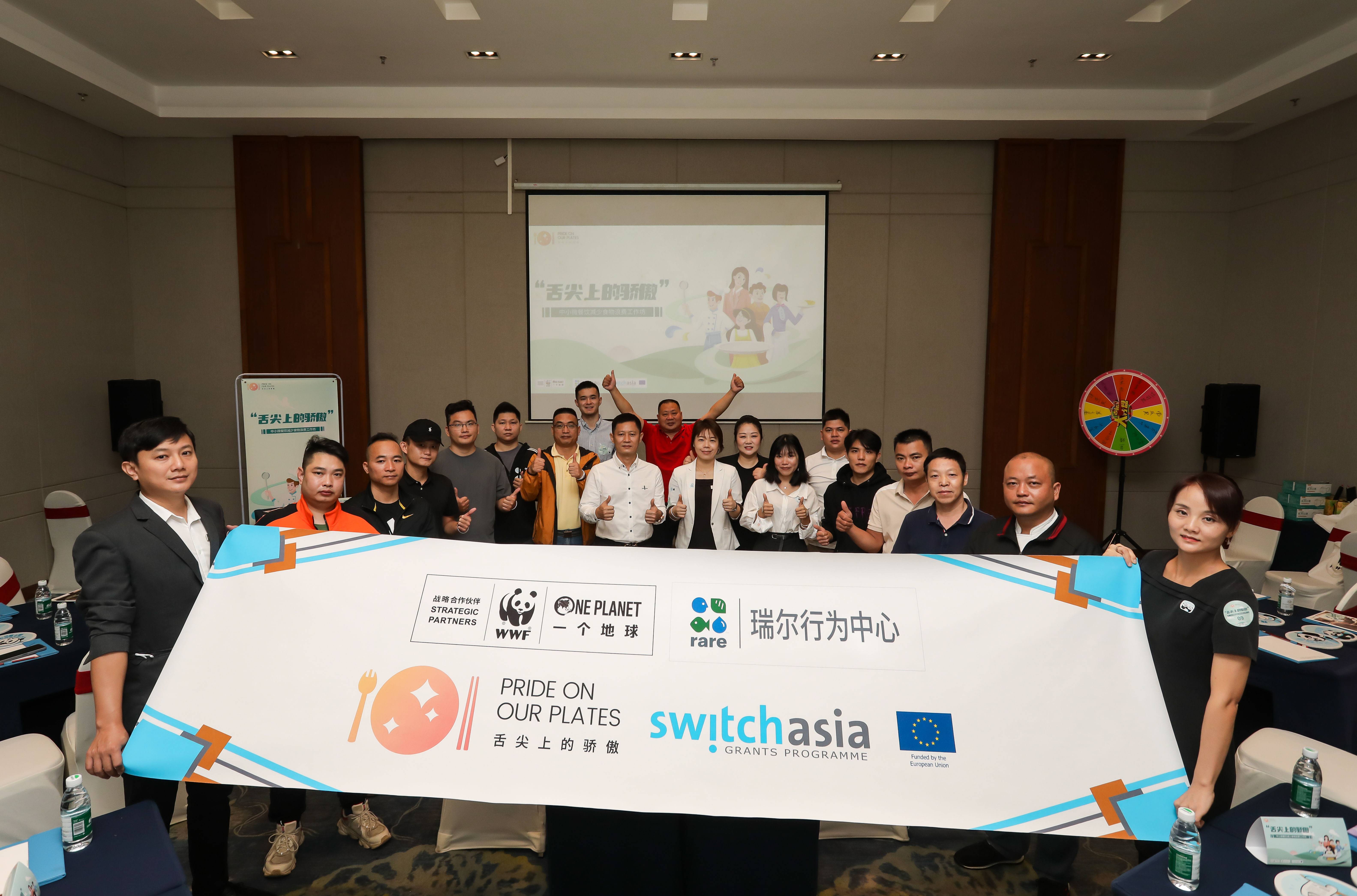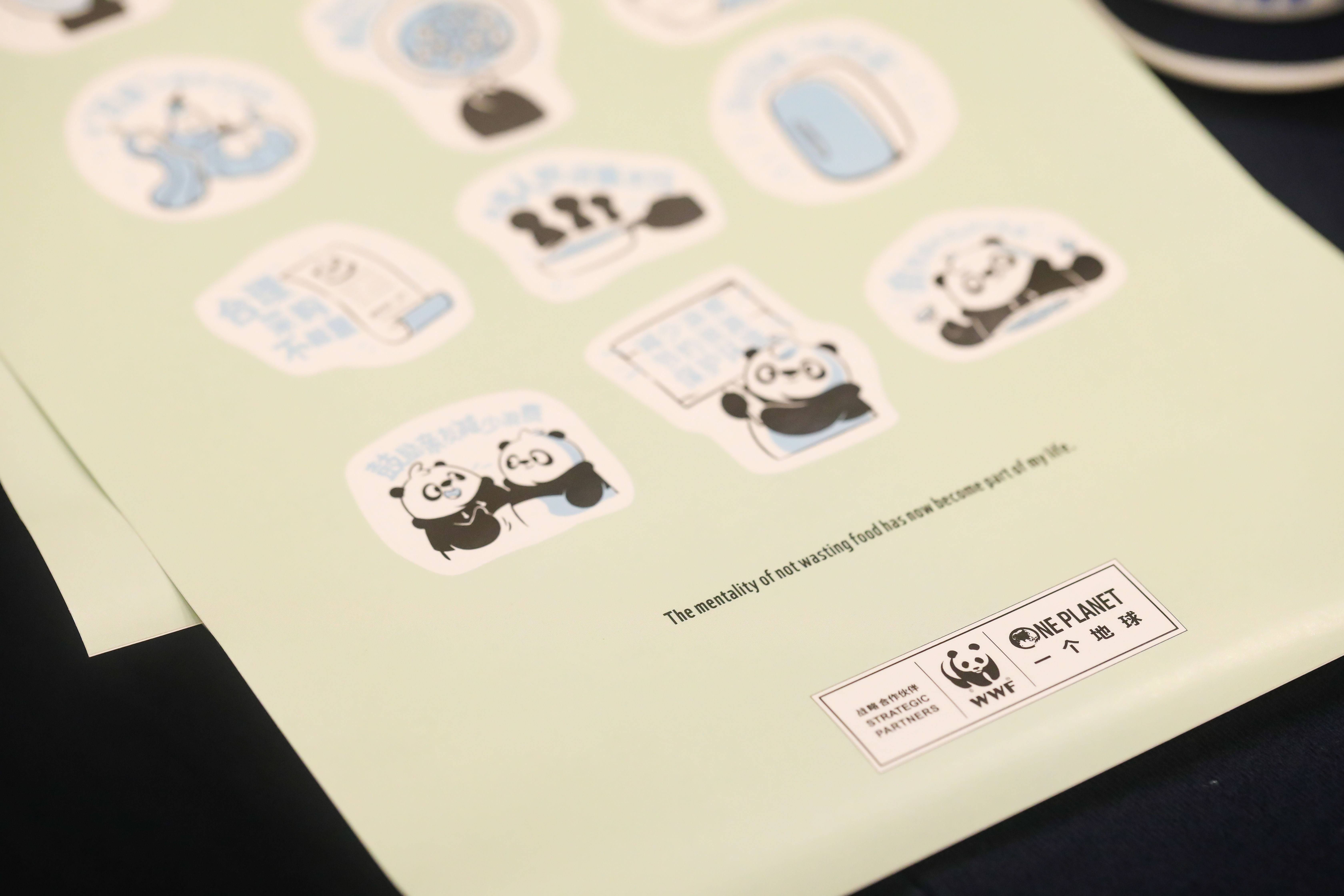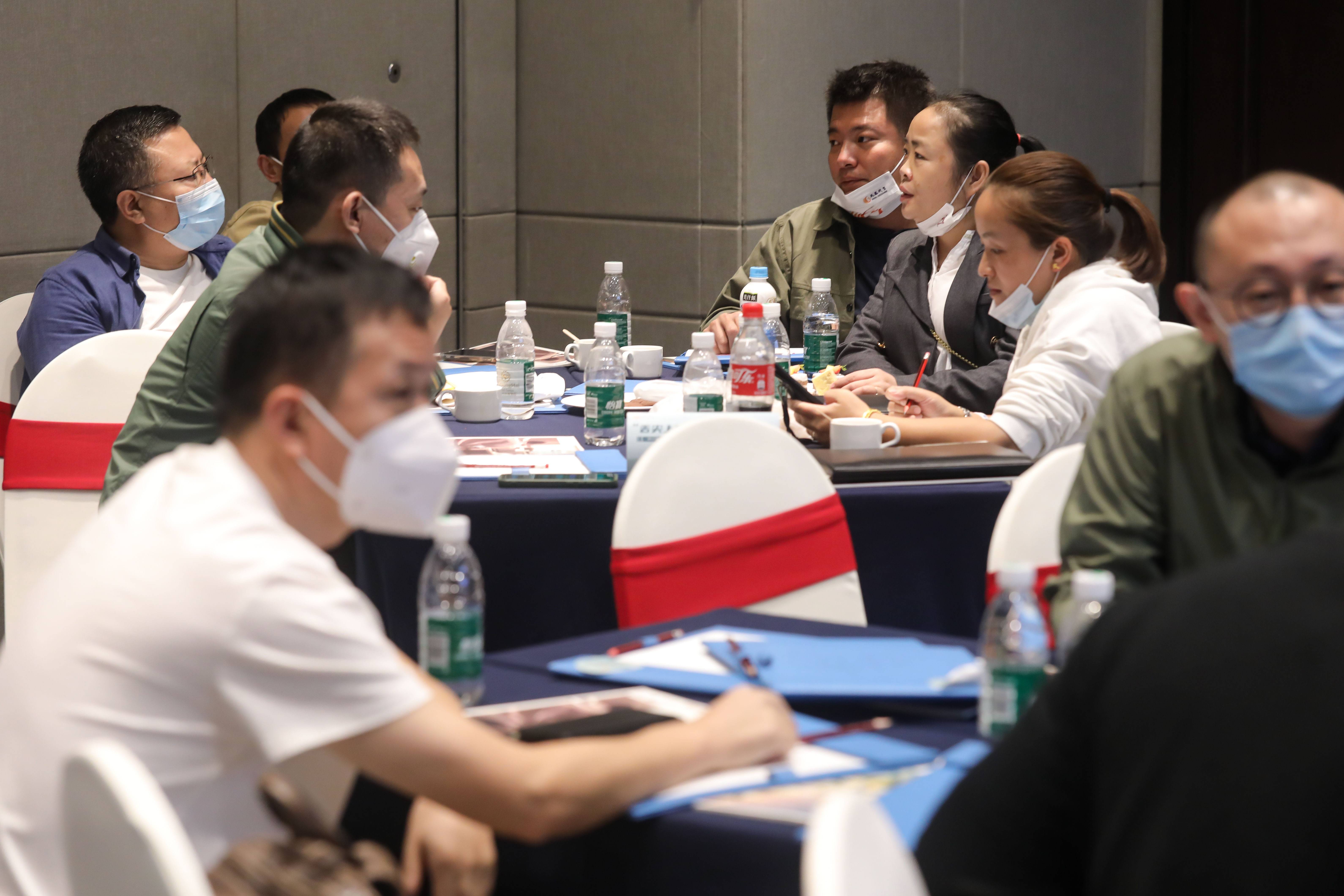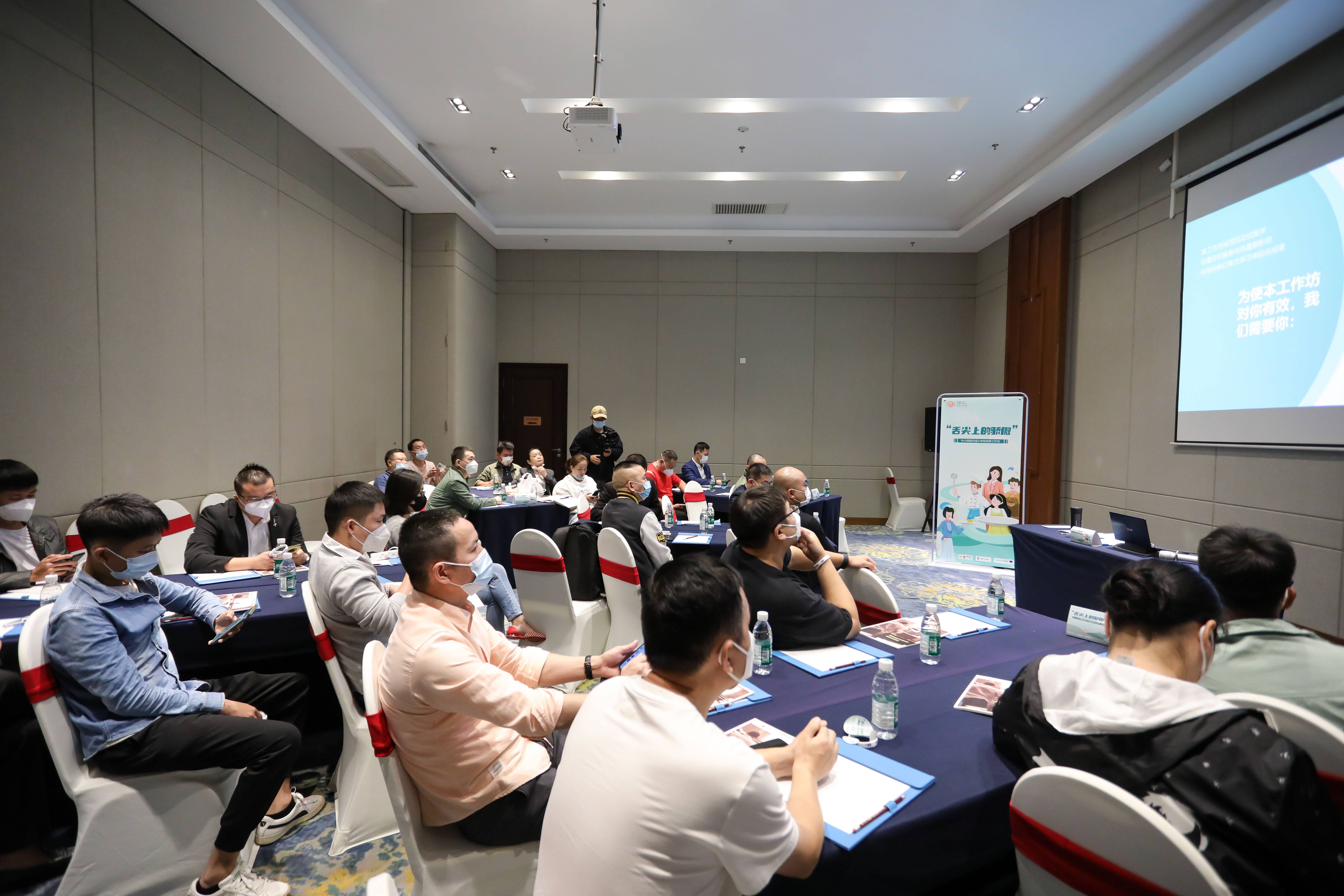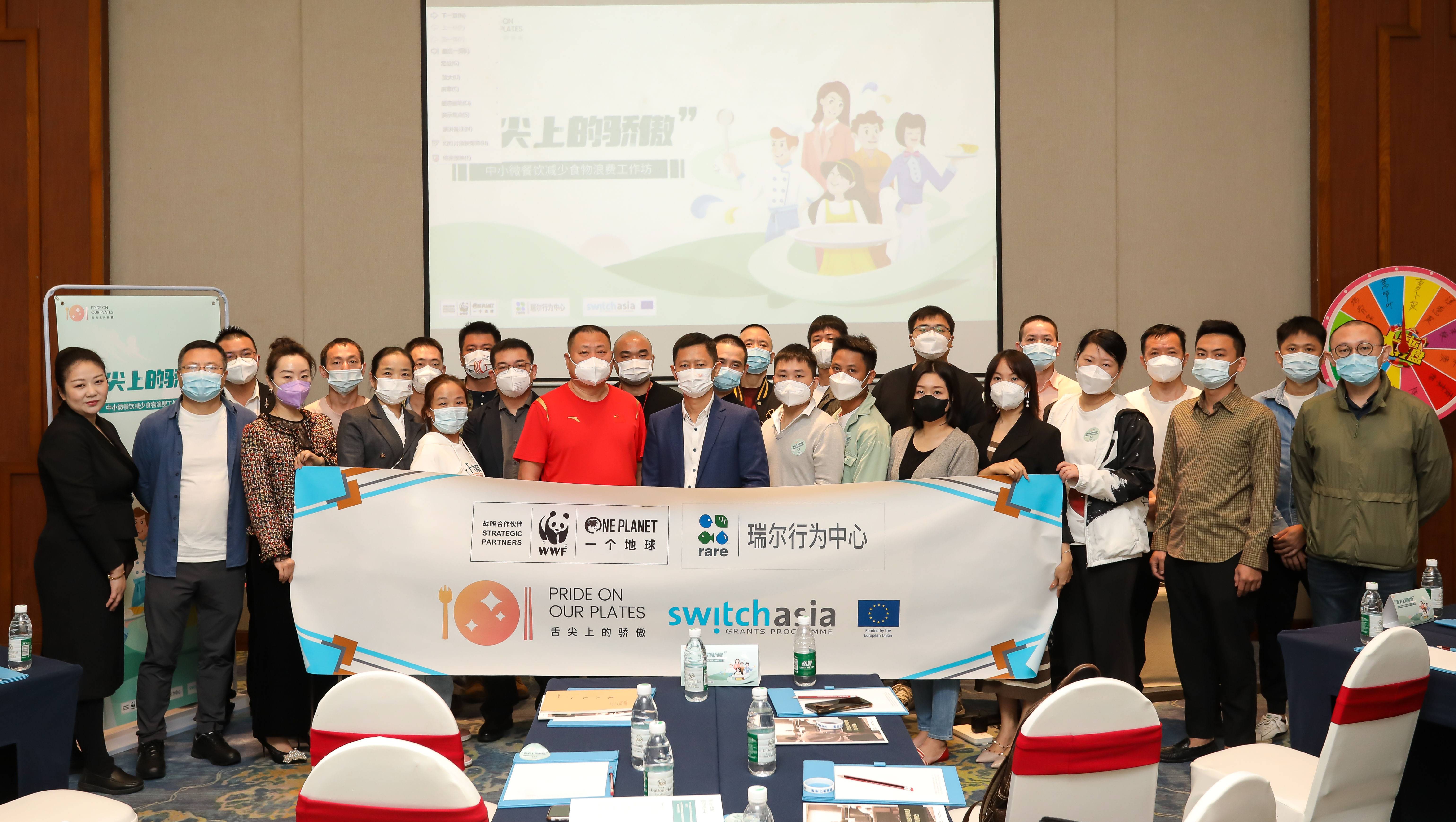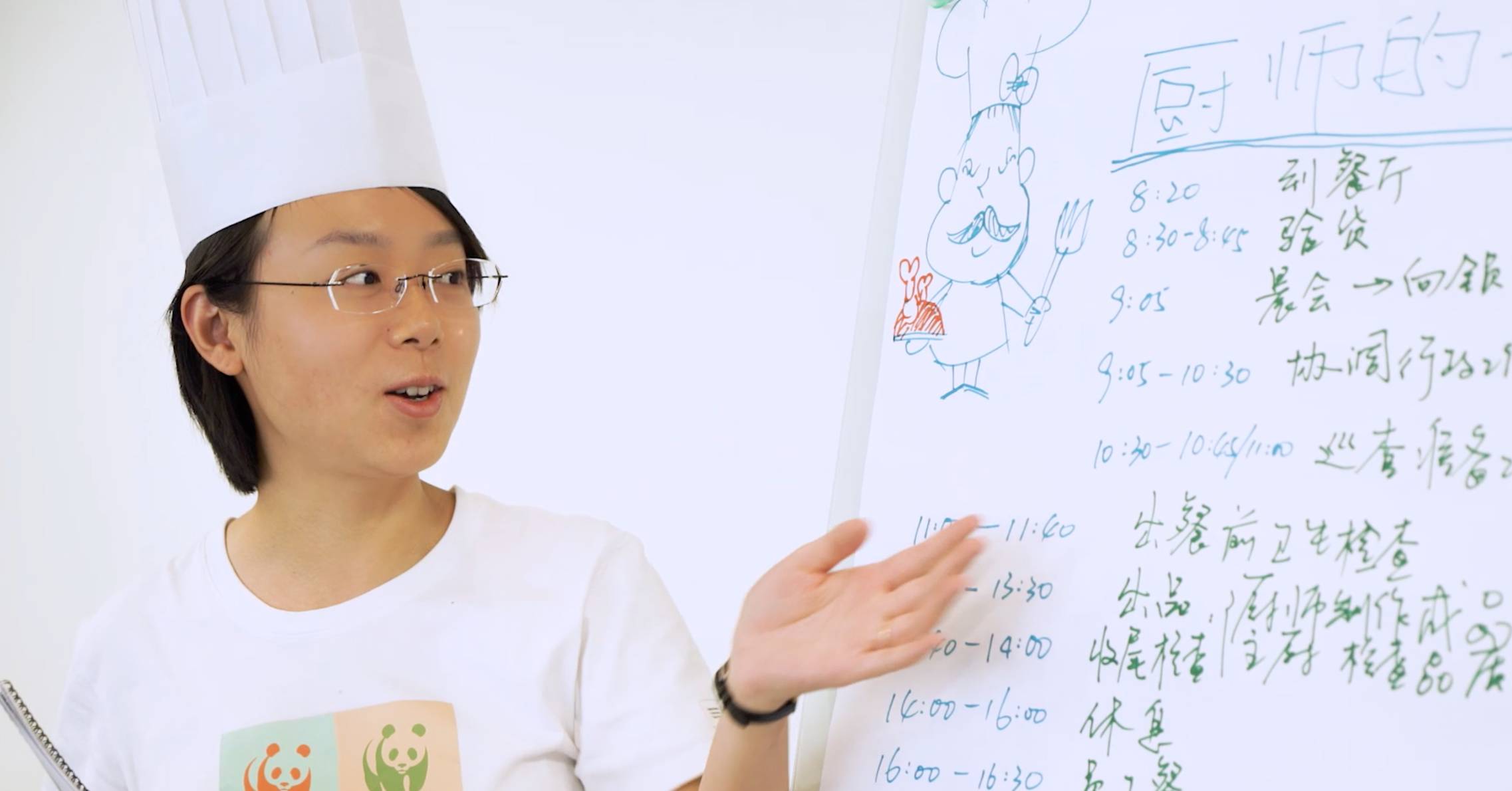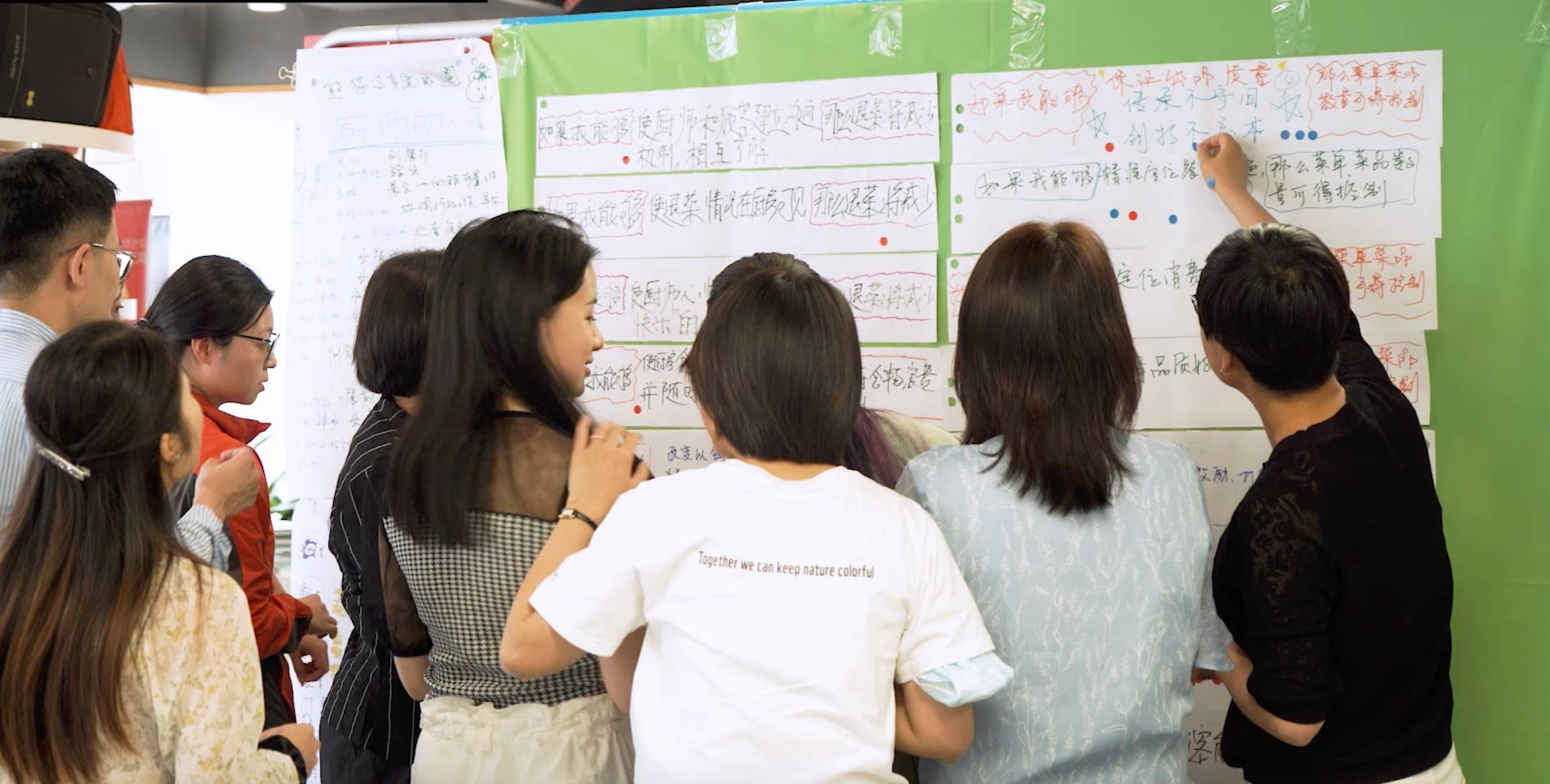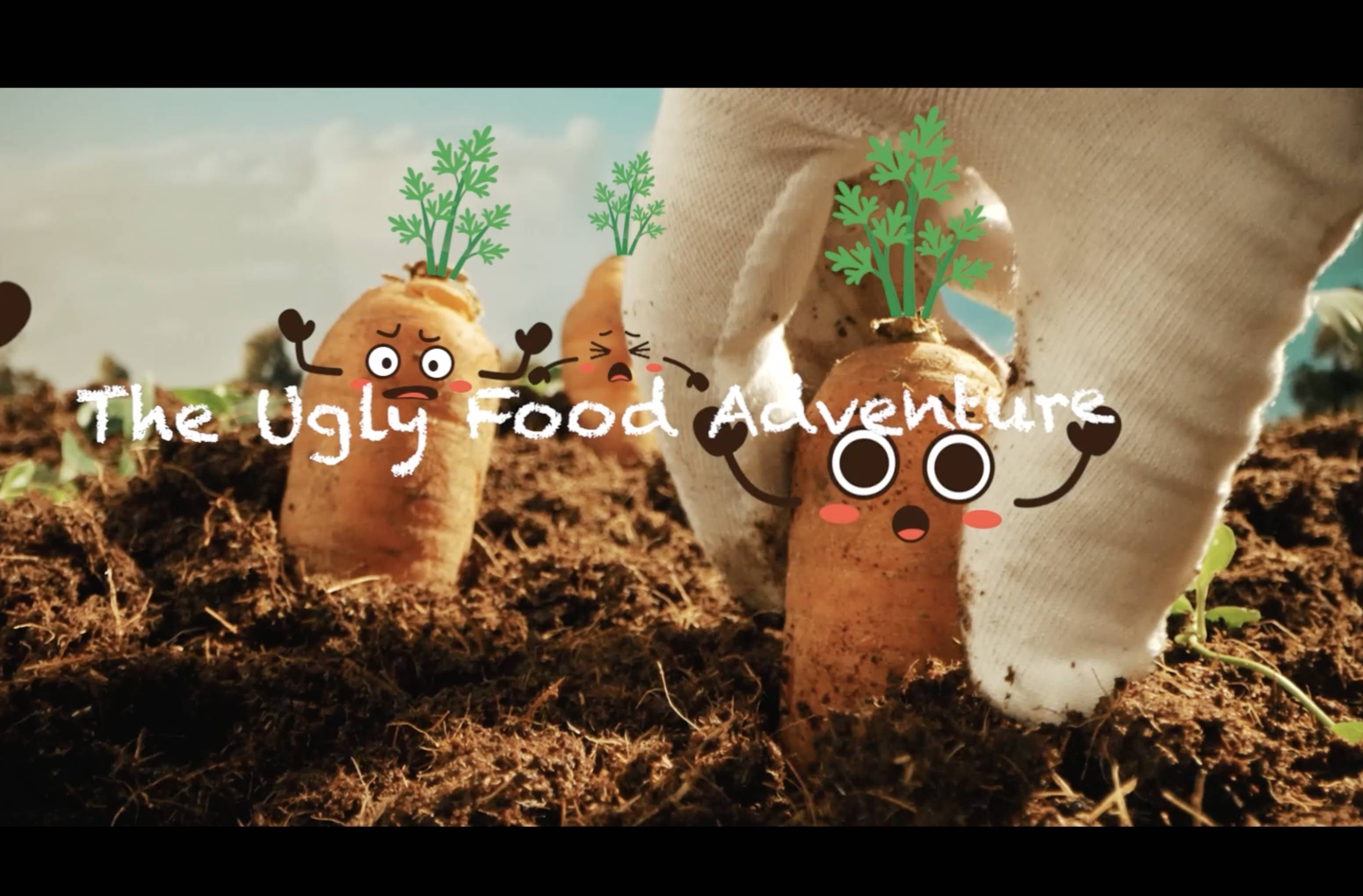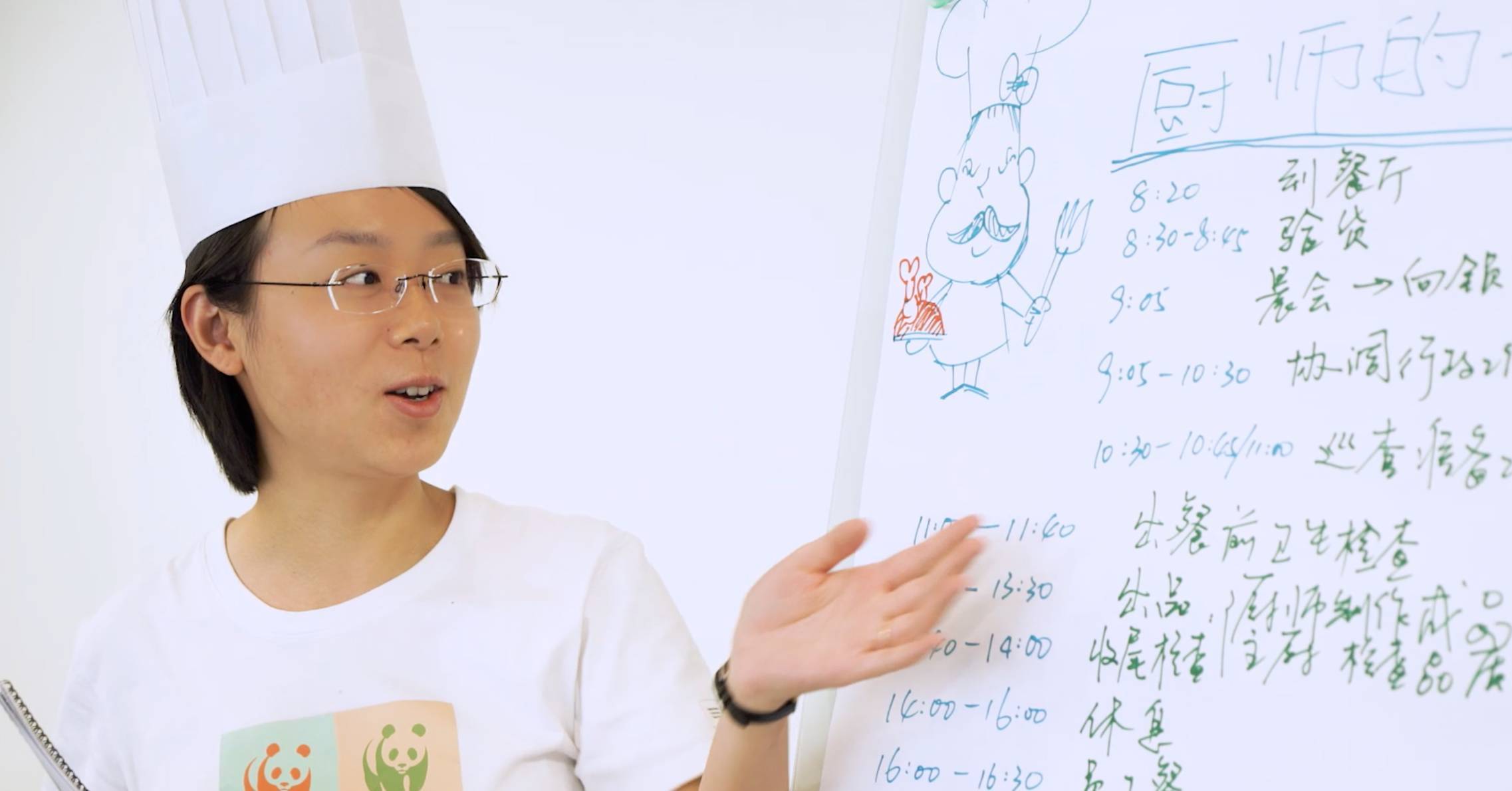
The Challenge
China has a population of 1.4 billion people, a sufficient food supply and a well-designed waste management system are essential to building a sustainable food consumption market in this vast country. If wealth continues to grow in China, food waste is likely to increase, which is a trend seen in many developing countries. But there is a change on the horizon: food service providers are beginning to understand the importance of combating waste in order to reduce business costs, protect the environment, and meet increasing customer demand for more sustainable operations. Chinese government has been taking measures in recent years to improve its waste management system naion-wide by calling for“Zero-Waste City” pilots. However, MSMEs (micro, small and medium-sized enterprises) which make up 97% of China's enterprises fall into a critical "gap" because they are often not the target audience for food waste reduction resources or campaigns. This project aims to close that gap by empowering China's MSMEs to respond to the food waste challenge. Simply put, reducing and better managing food waste is one of the easiest and most effective ways to mitigate the environmental impact of our food system and sustainably feed our communities.
The Objectives
Catalyse the prevention, reduction, and diversion of food waste among MSMEs in China's hospitality sector. More specifically, the project aims to:
- Promote adoption of more resource-efficient processes and services among MSMEs, including an actual reduction of food waste;
- Develop a Food Waste Policy Proposal to increase awareness on Sustainable Consumption and Production (SCP) and distil knowledge for wider replication, enhance policy dialogues, and support strengthening policies related to curbing food waste;
- Support sustainable consumption and consumer awareness on SCP by training MSMEs to use a Behaviour-Centred Design (BCD) approach to food waste reduction, and widely disseminating information to businesses and consumers.
The Way Forward
Targeted MSMEs in China's hospitality and food services sector will be empowered to implement solutions to reduce and better manage food waste, and momentum will be created for replication in the wider sector. By 2024, at least
- 350 MSME staff will be trained on food waste prevention, reduction and diversion practices;
- 100 MSMEs will applying Sustainable Consumption and Production Practices;
- 50 MSMEs in the hospitality and food services sector will have reduced their food waste by 10% and above.
- Industry associations in the wider hospitality and food services sector will endorse the MSME Food Waste Practical Guide, recommending its use to their members, and inspiring wider replication.
Relation to European Green Deal, Circular Economy and Climate Change
The project will draw on best practices from several EU and member state initiatives by integrating lessons learned into the Food Waste Practical Guide and Policy Proposal, and engaging them through a Food Waste Alliance. Such initiatives include:
- The European Commission's "Circular Economy Package," which includes Waste Legislation adopted in May 2018;
- The EU Platform on Food Losses and Food Waste, which aims to support efforts to define food waste measures, share best practices, and evaluate progress;
- The German government Federal Ministry of Food and Agriculture's consumer-facing campaign launched in 2012 titled "To good for the bin!", which includes a dialogue forum established with support from WWF-Germany;
- Horizon 2020-supported "REFRESH" initiative, which has led the way in gathering data at scale and across countries, with several EU countries and China participating;
- UN Environment One Planet Network Sustainable Food Systems programme (WWF is co-lead) and Consumer Information programme;
- FAO's "SAVE FOOD" programme, a global initiative on food loss and waste reduction, which was launched in China in 2017 (primarily focused on the food packaging sector).
Play Video
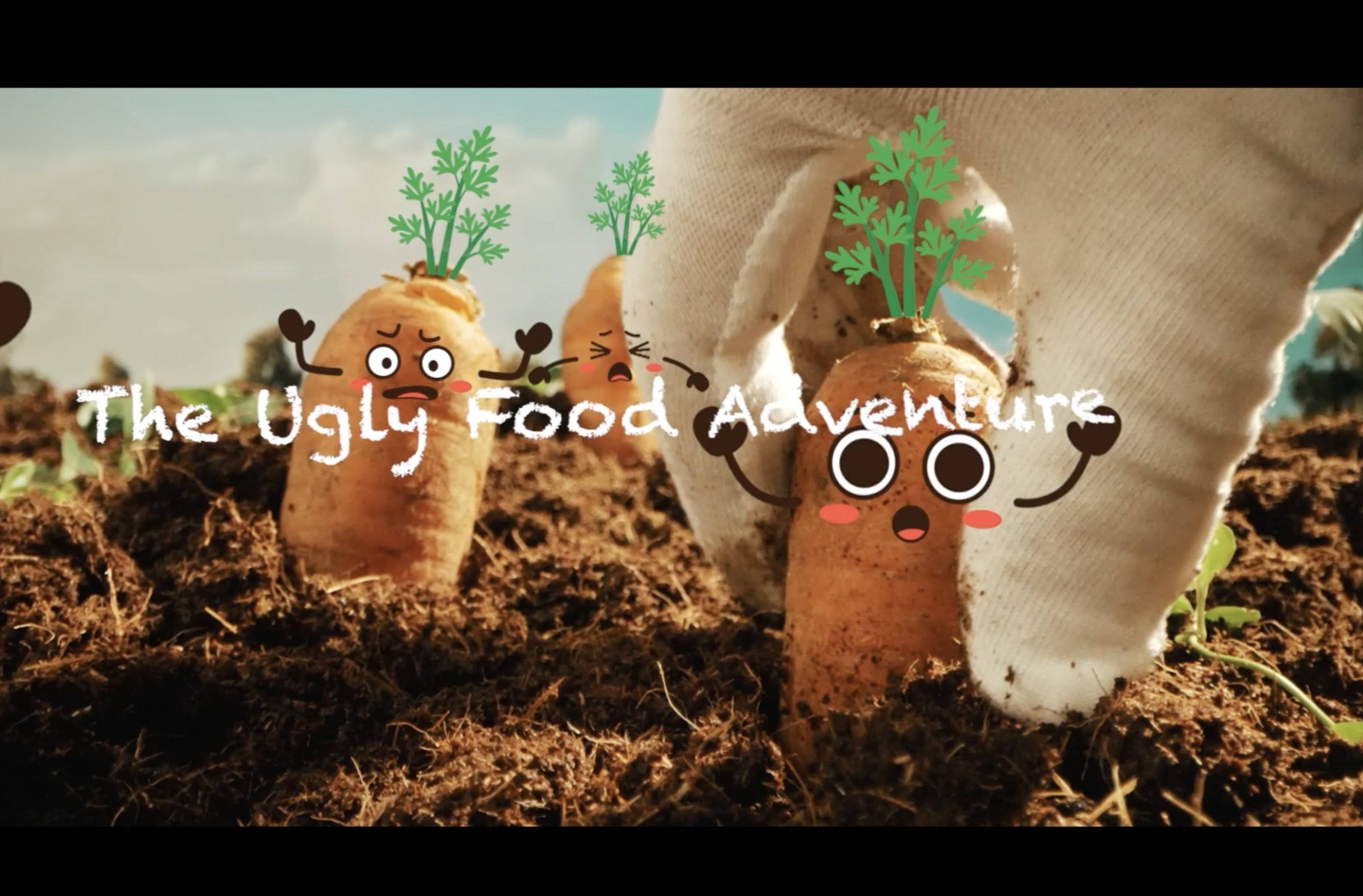
Duration:
2020- December 2024Total Budget:
2,369,535.05 EUR (EU Contribution: 75.96%)Lead Partners
Partners
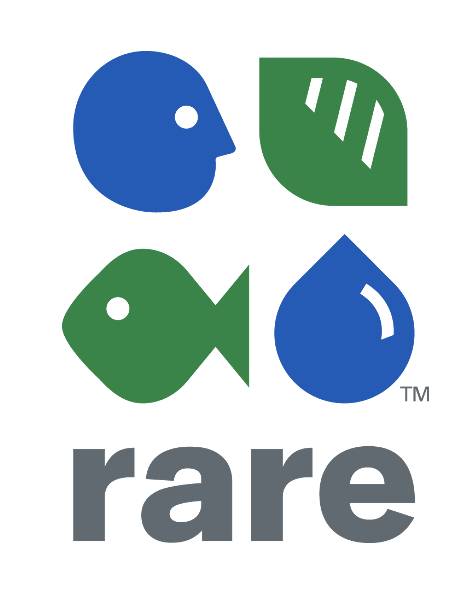
Rare China Center for Behavior
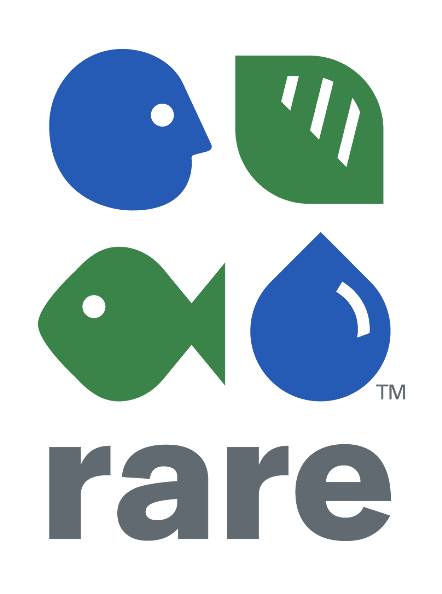
Rare Europe
